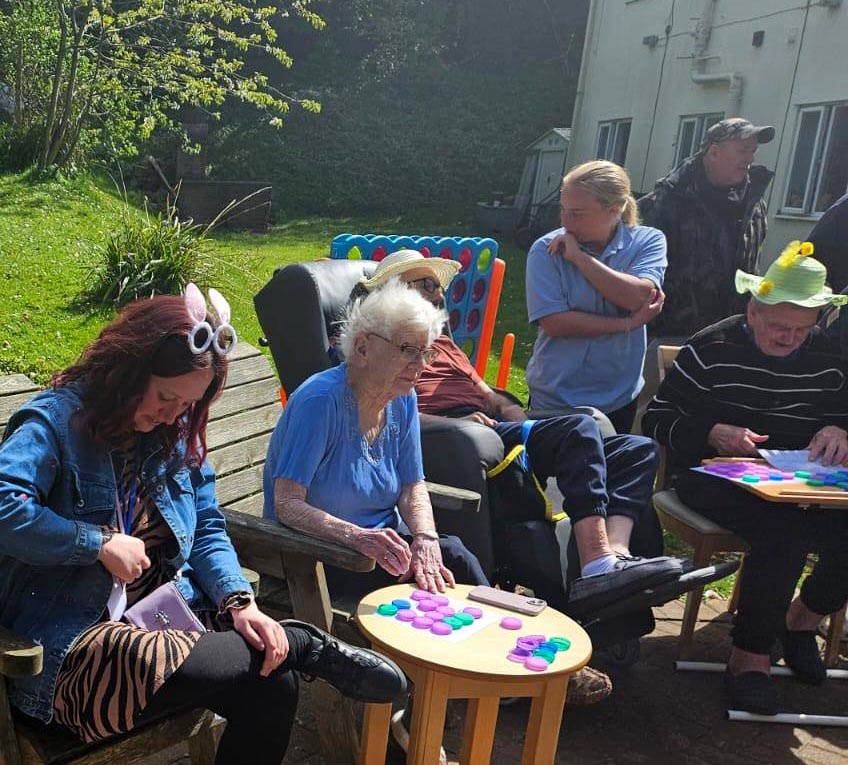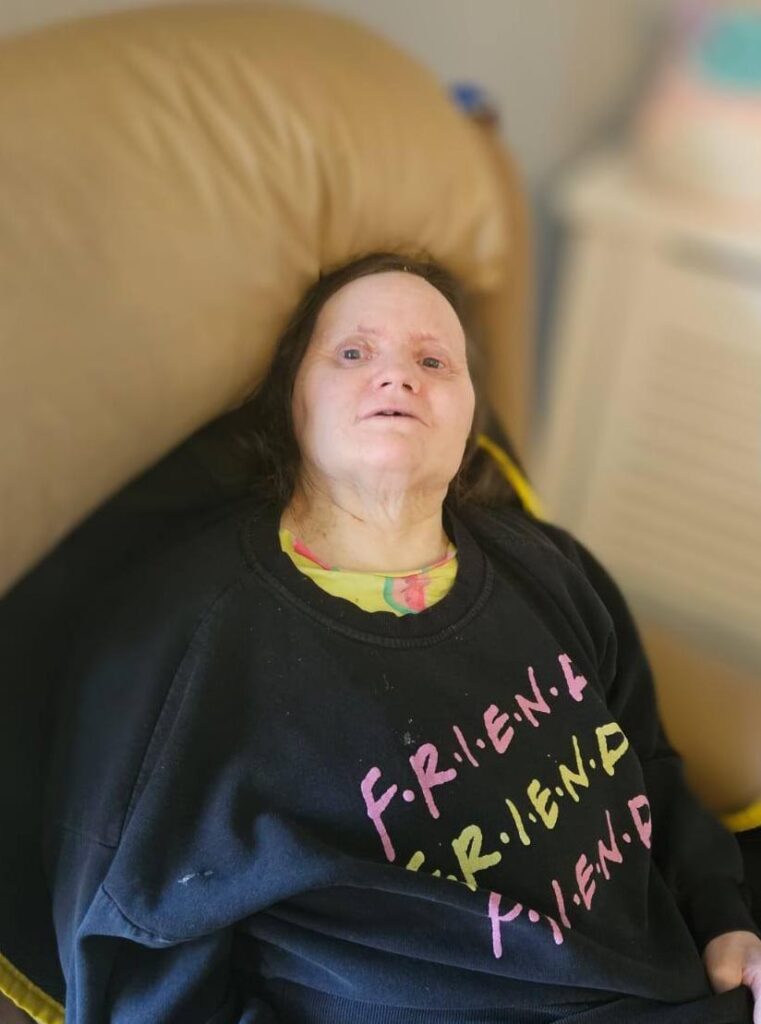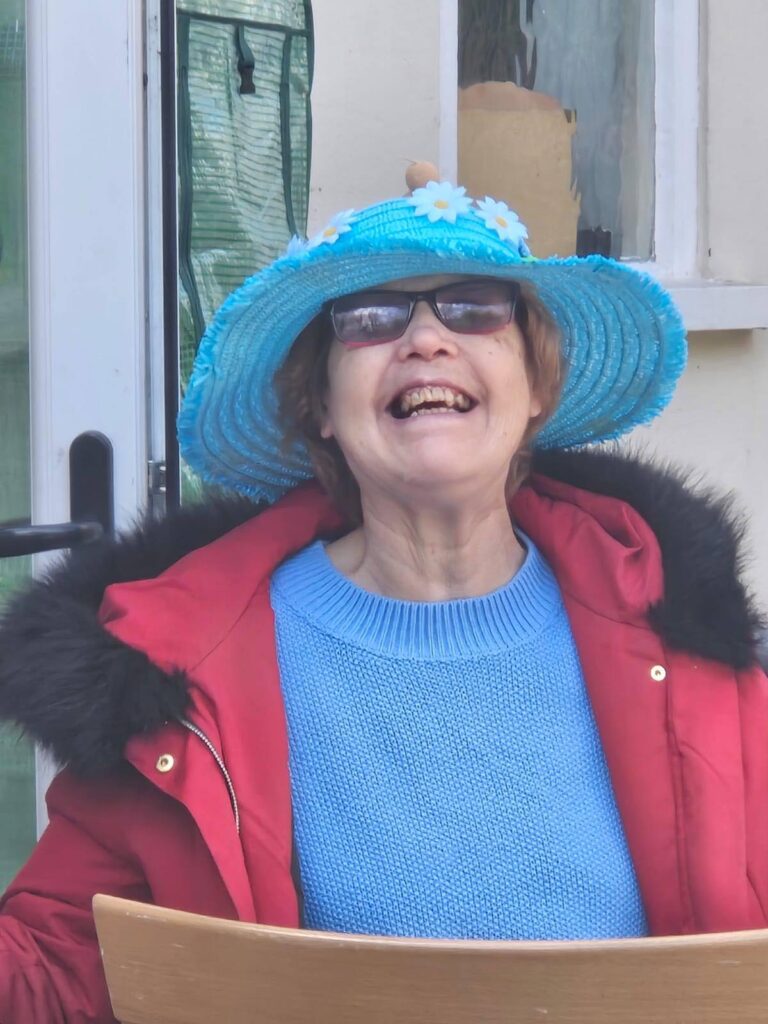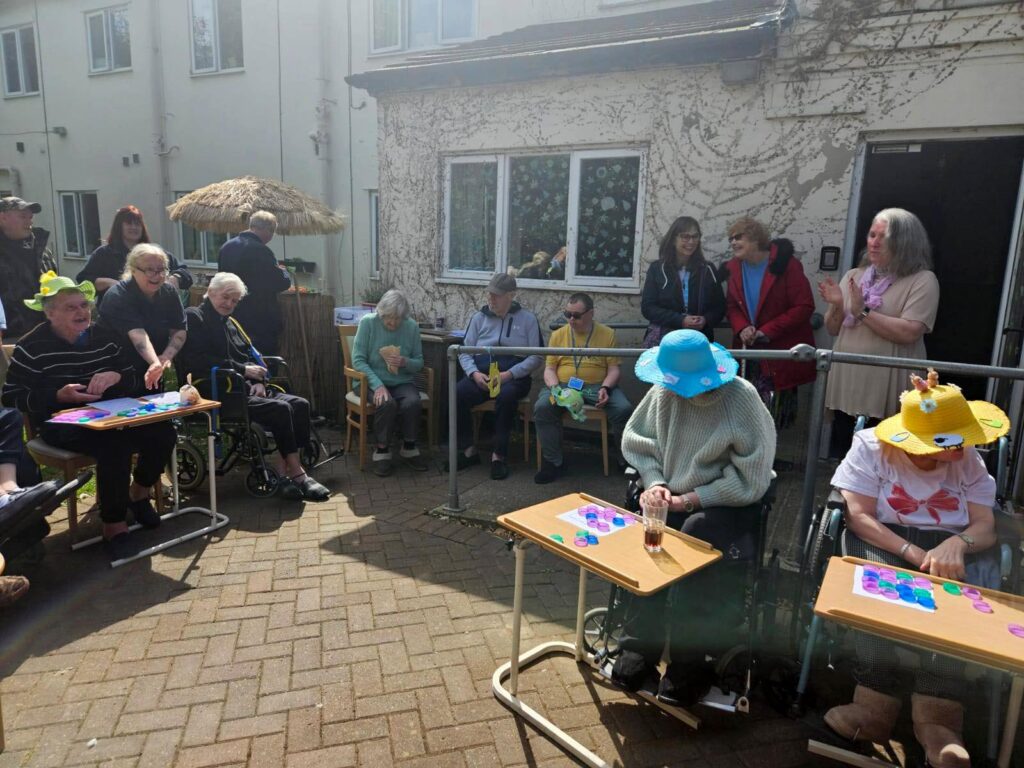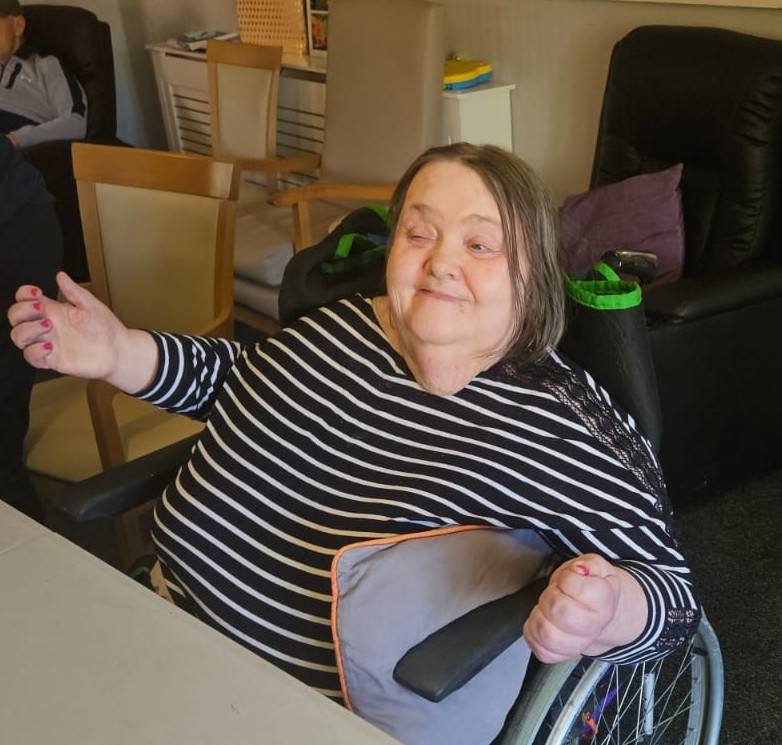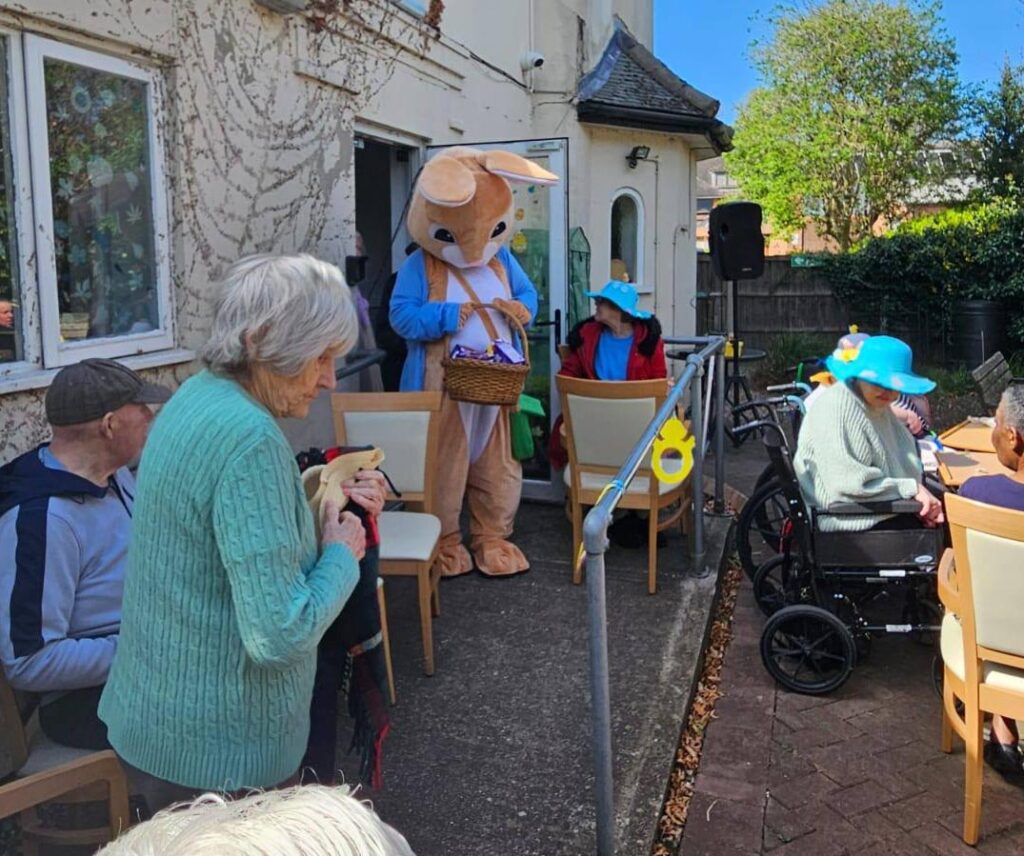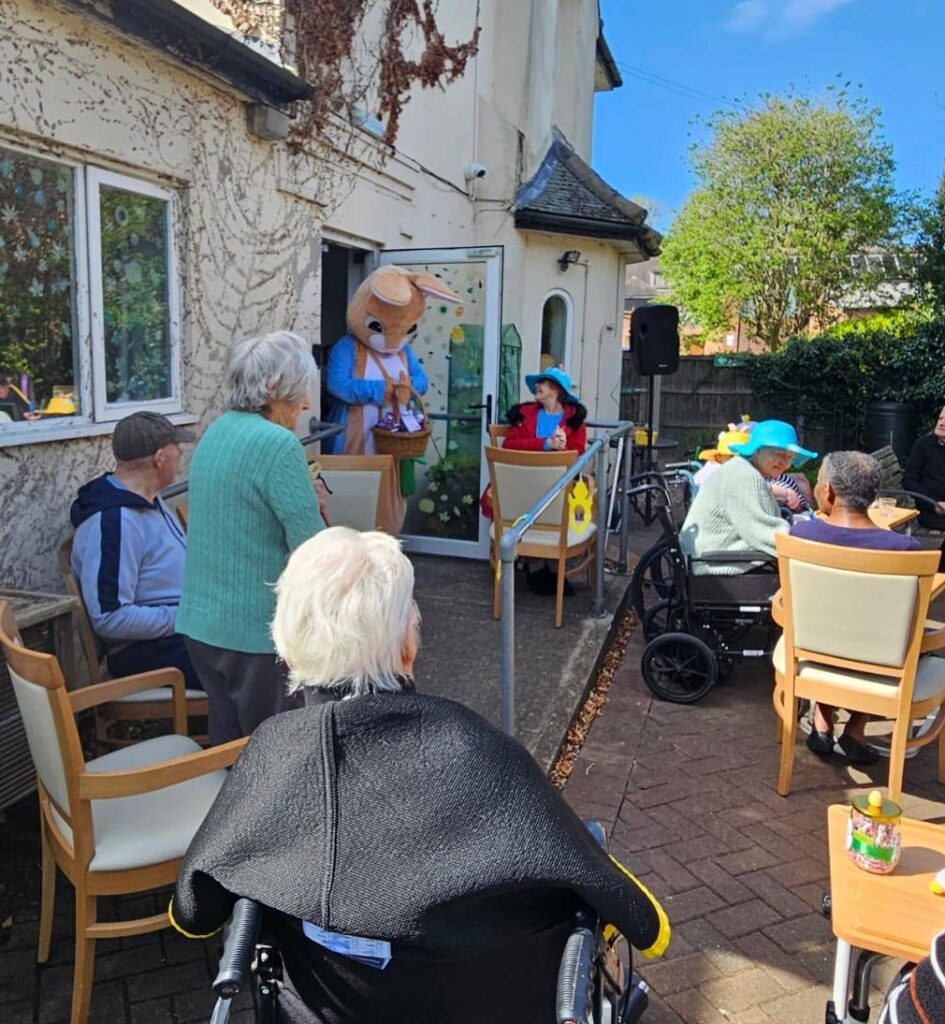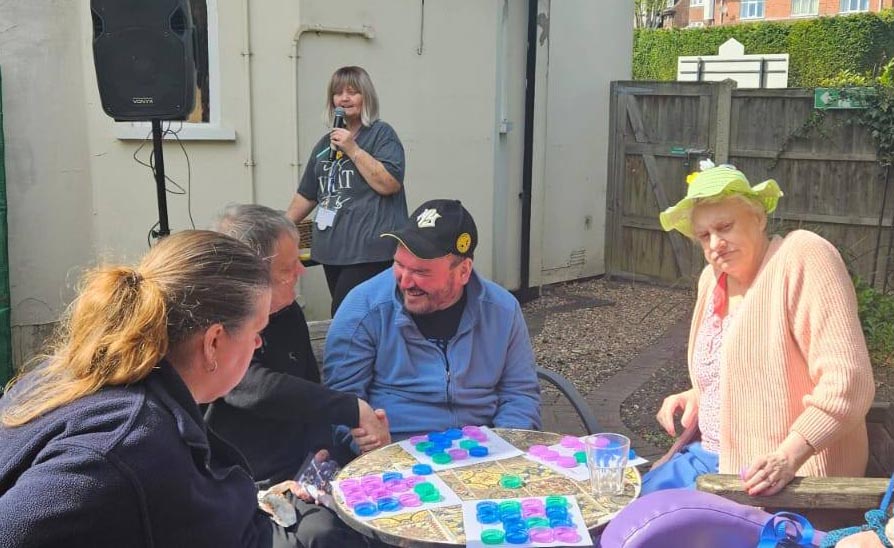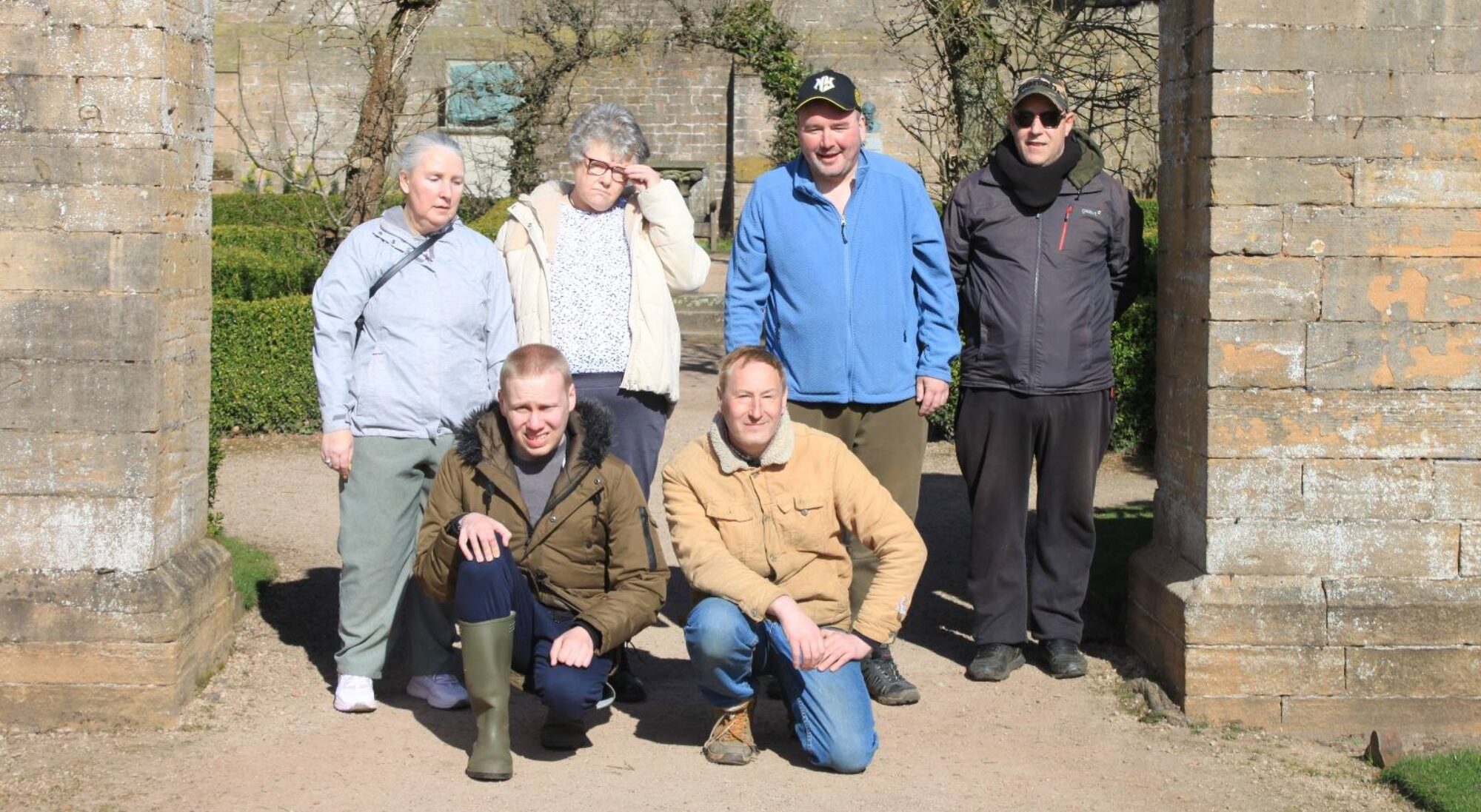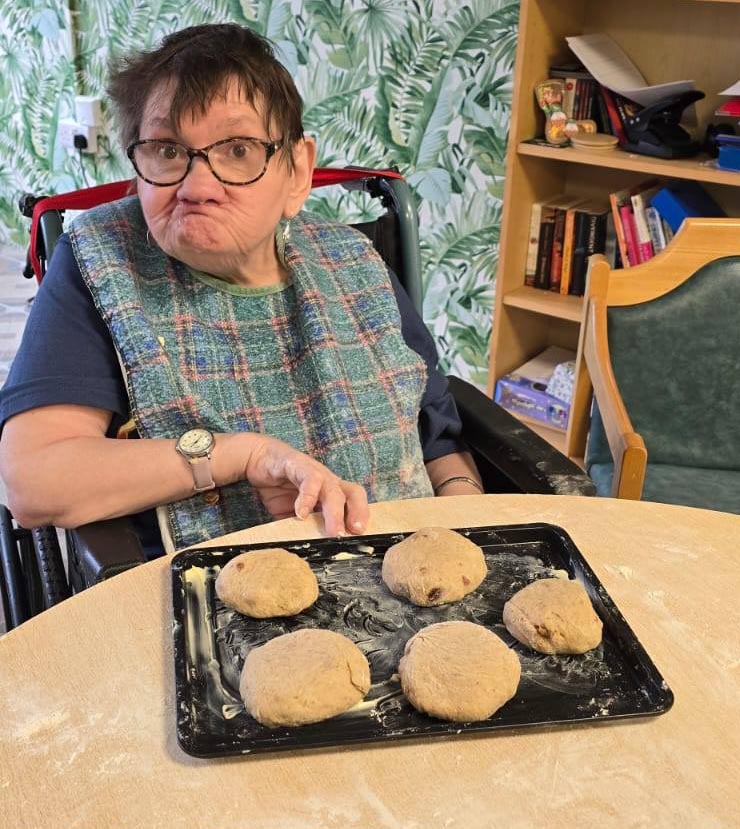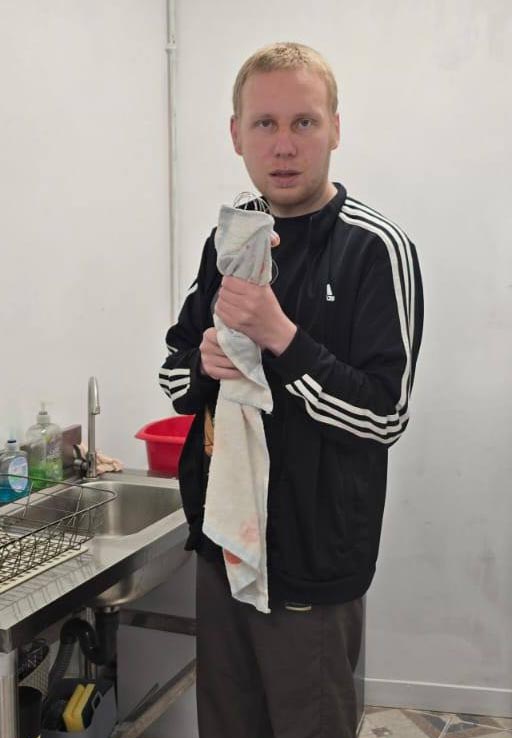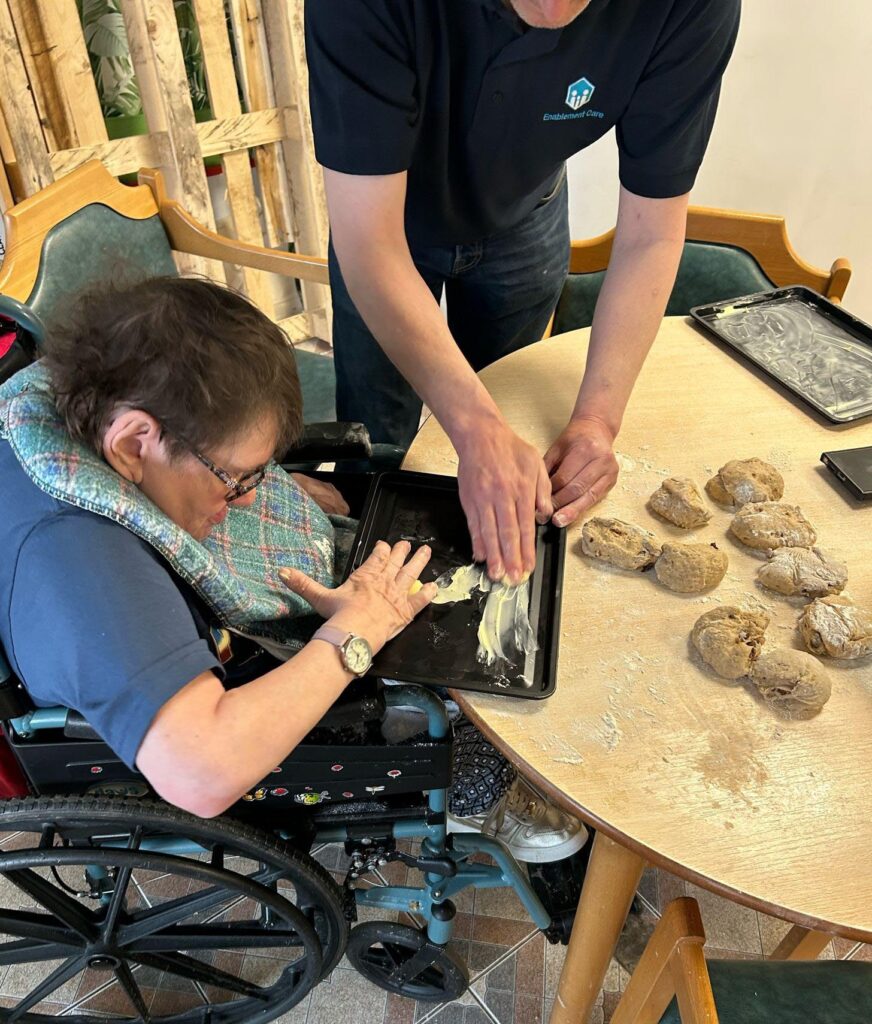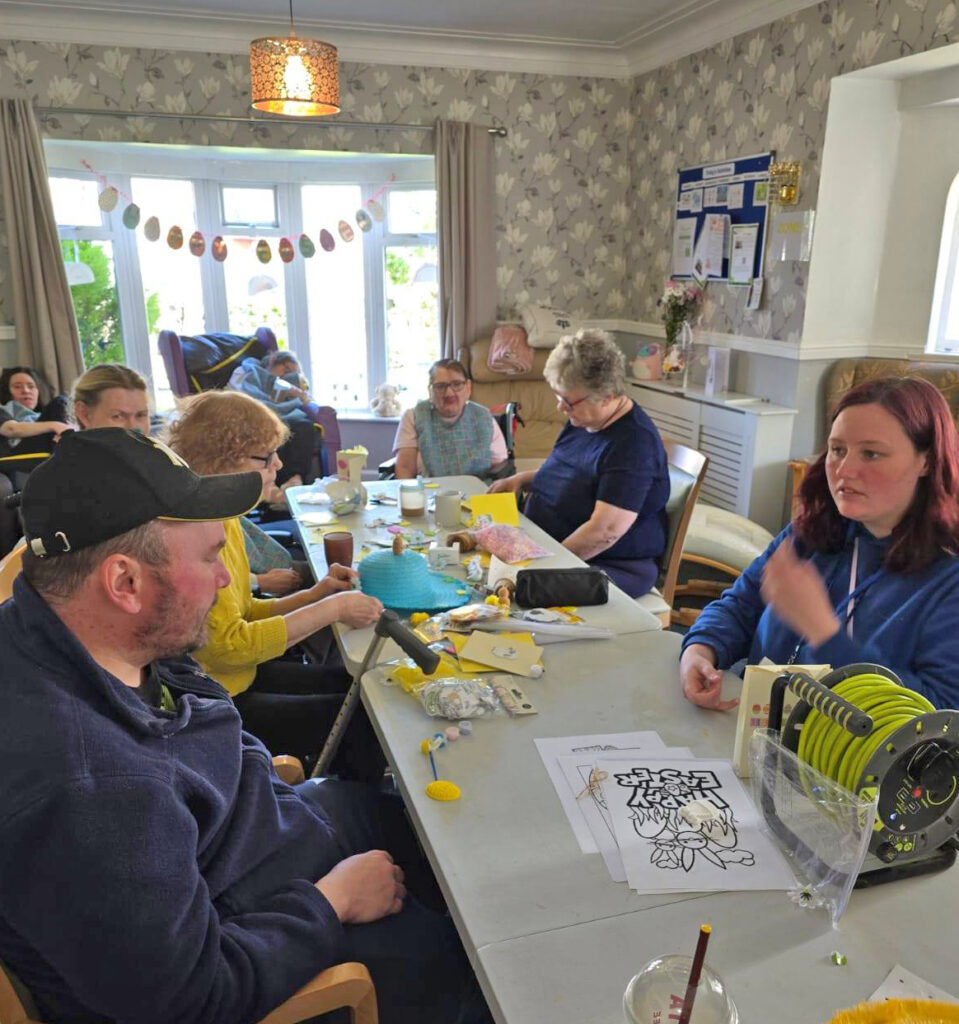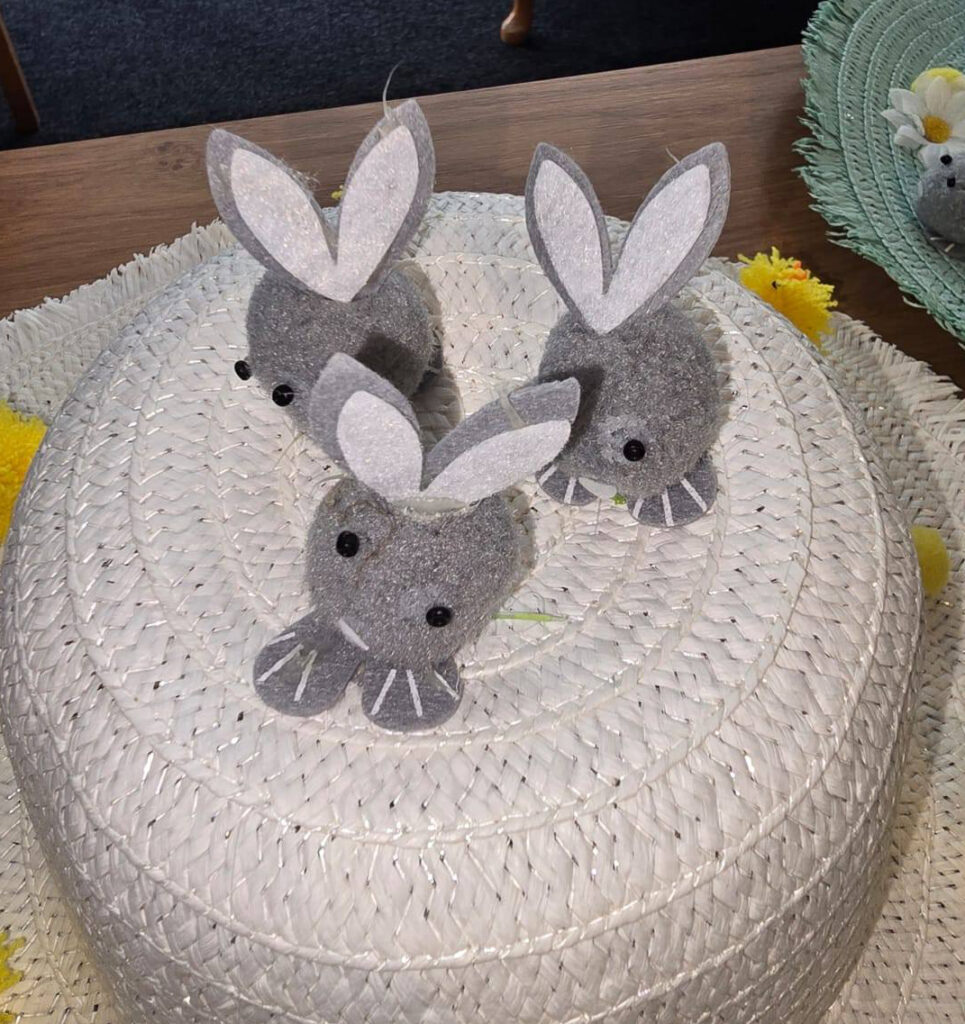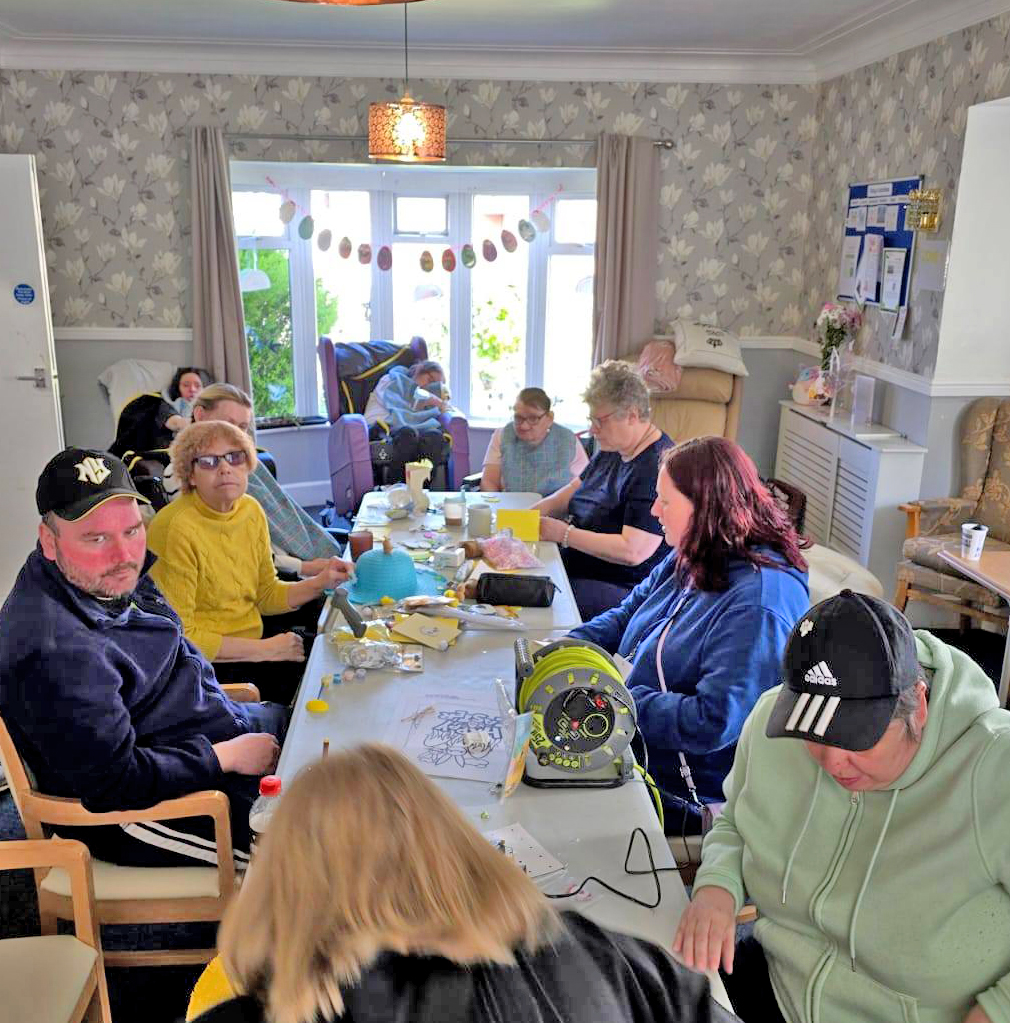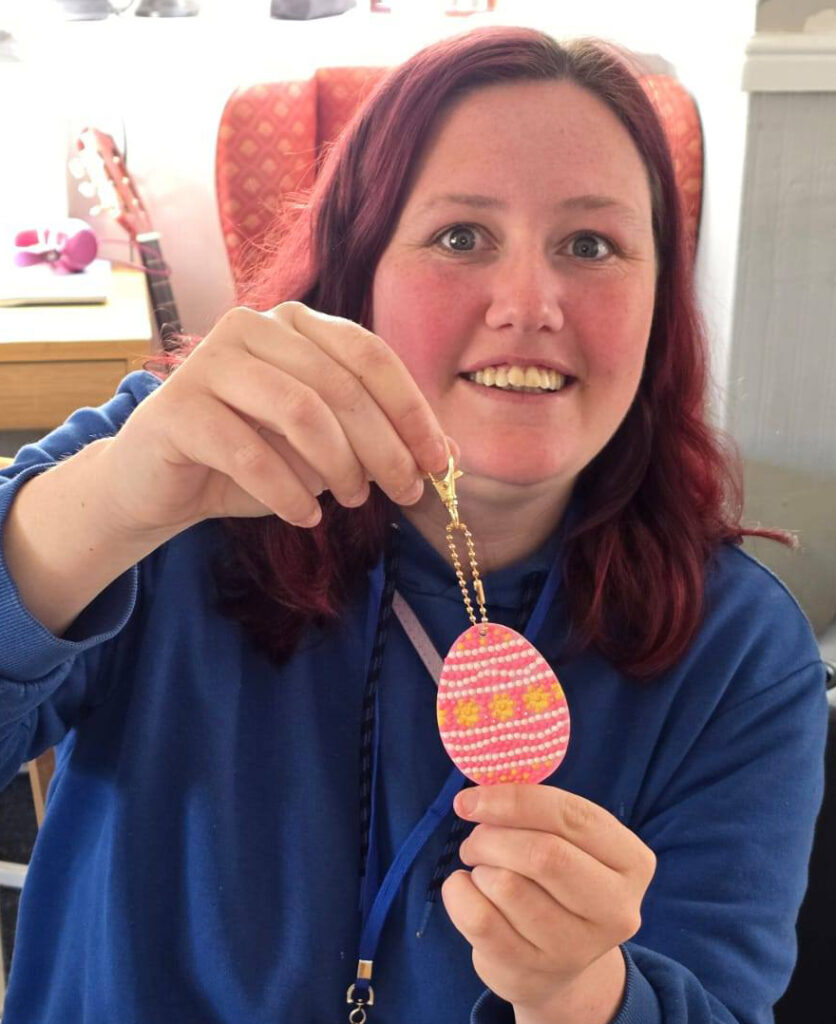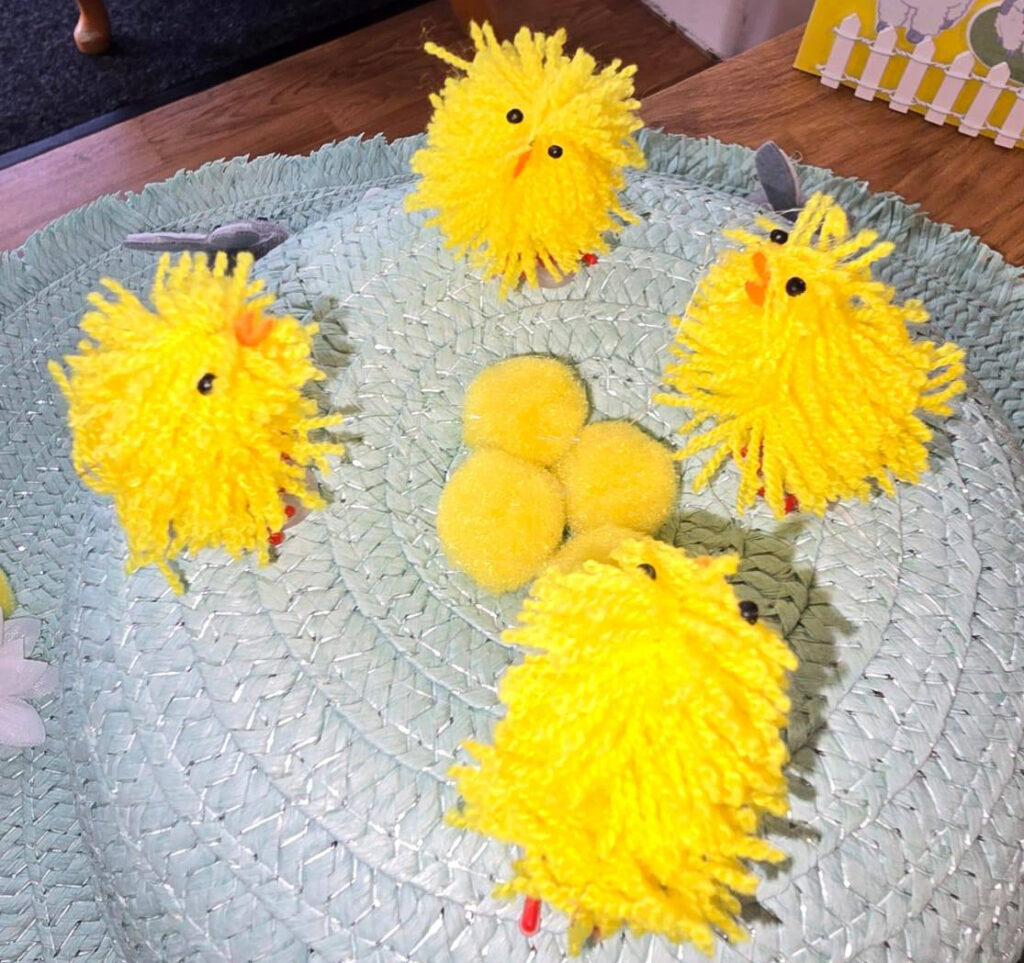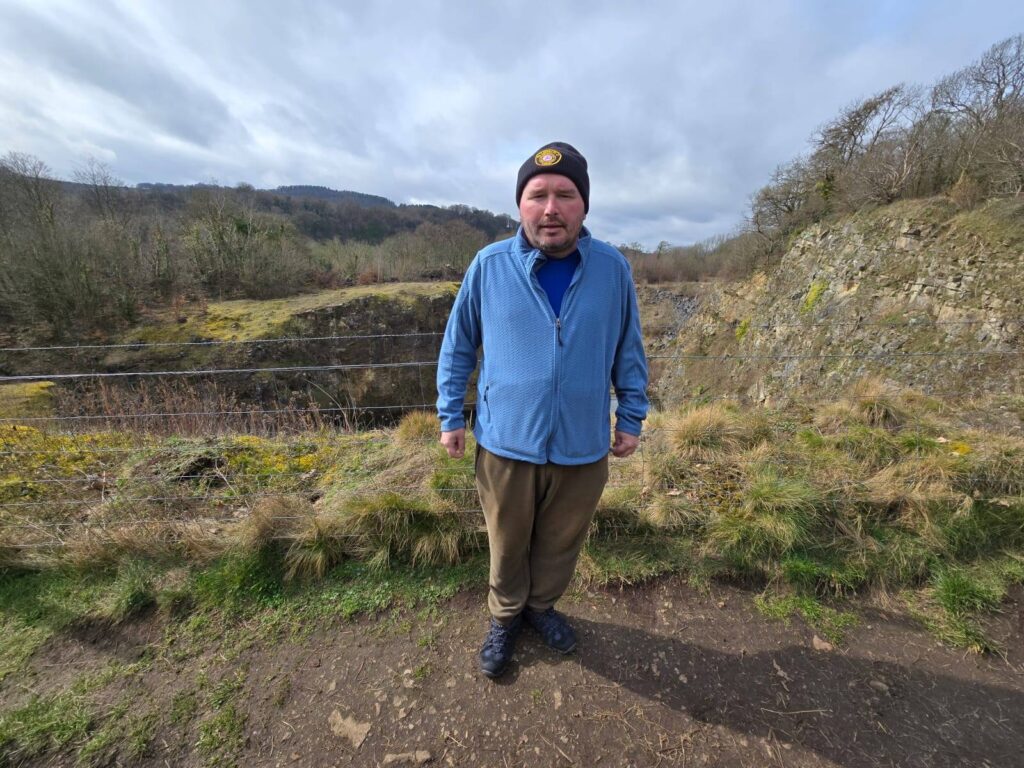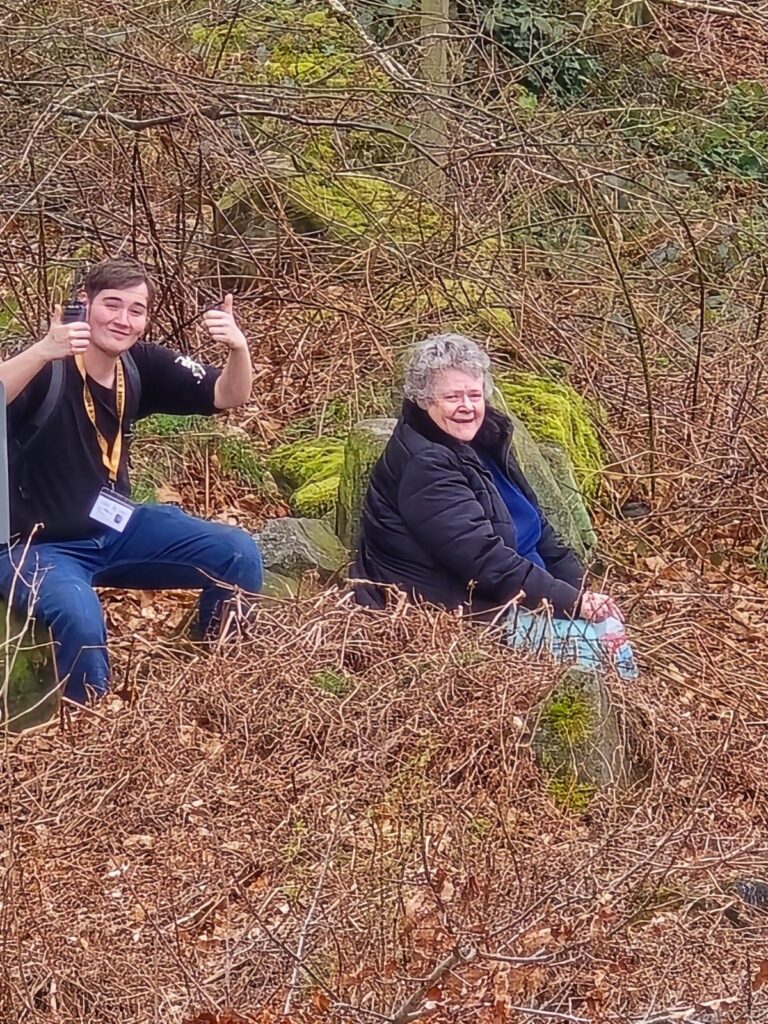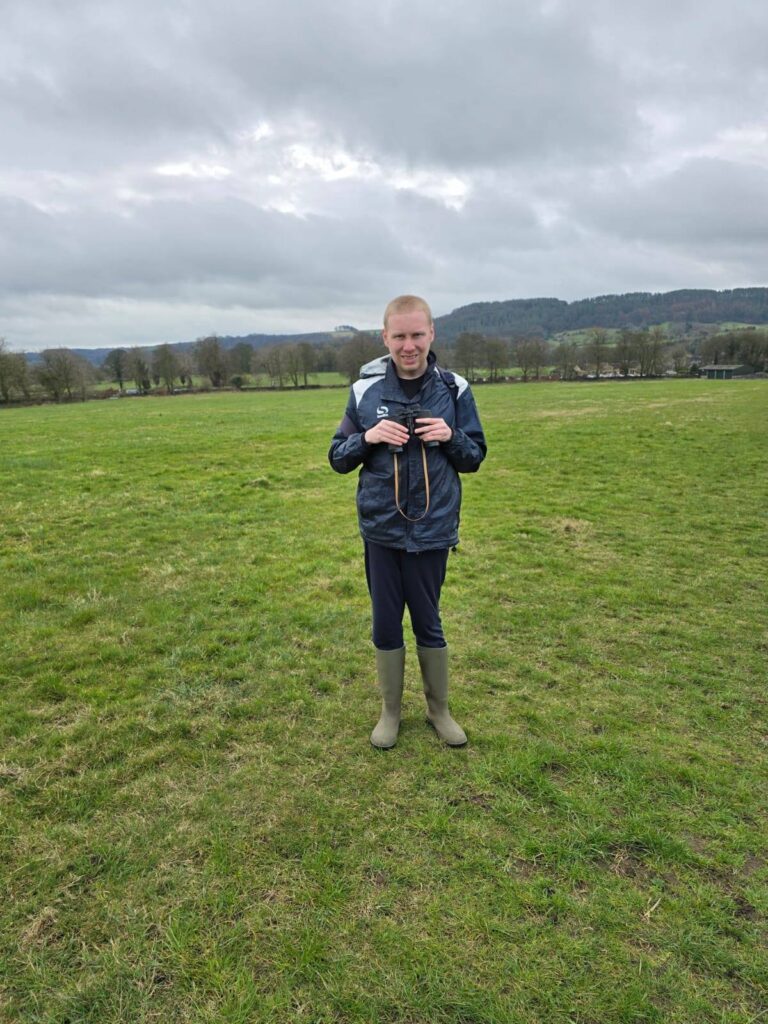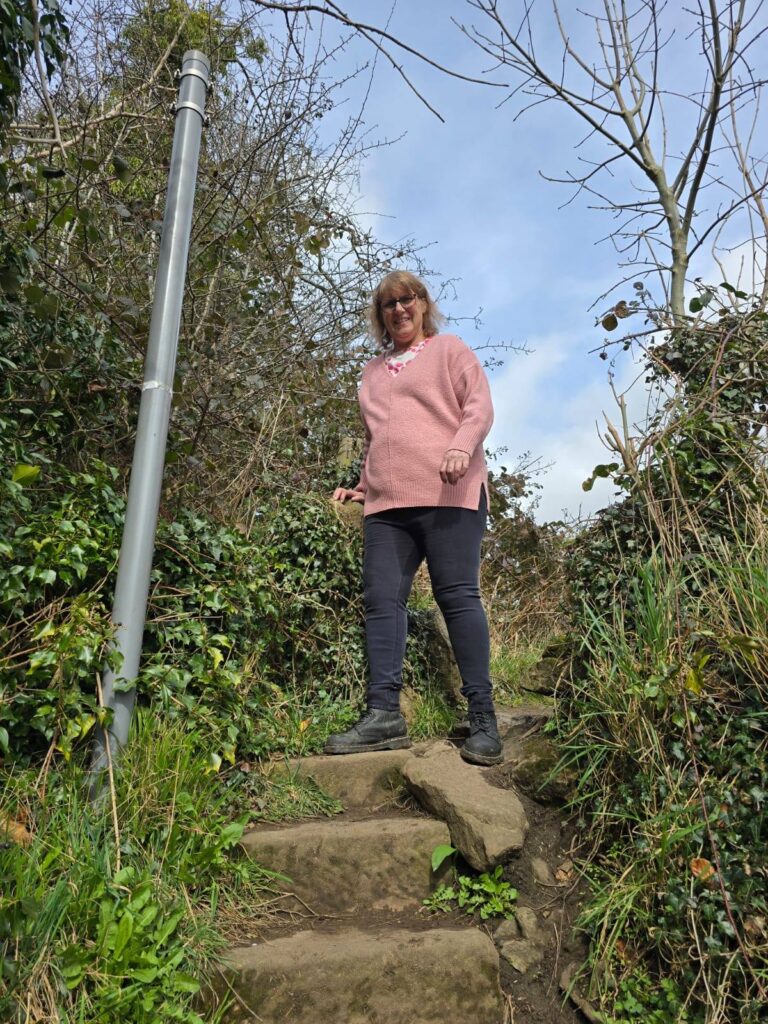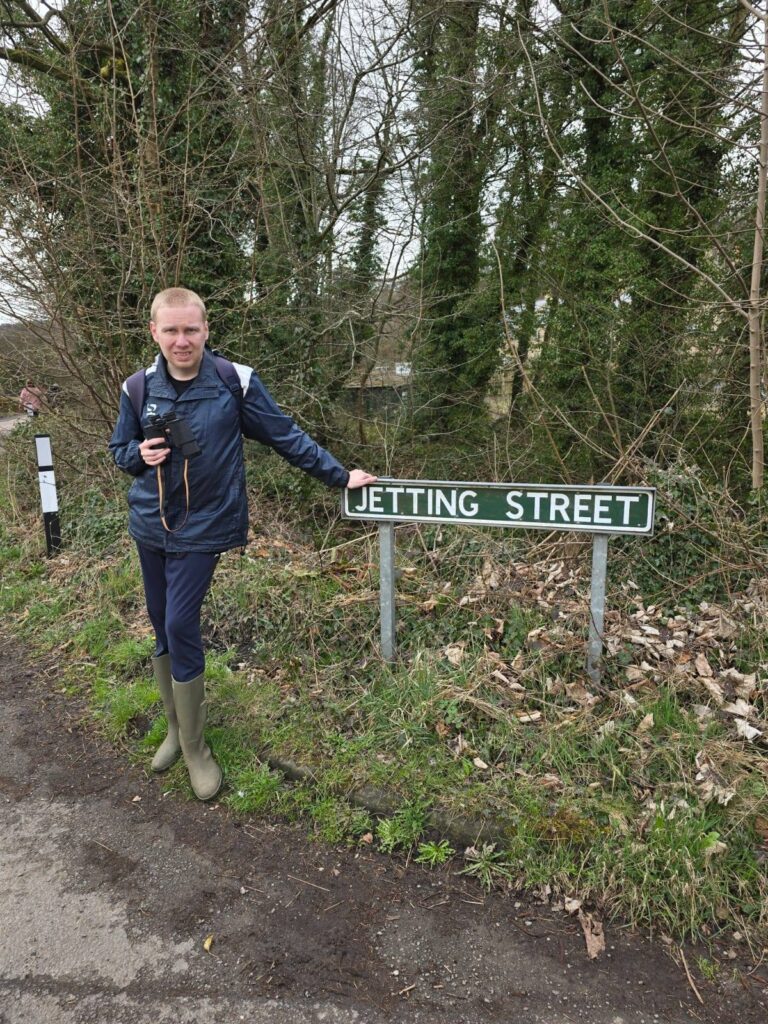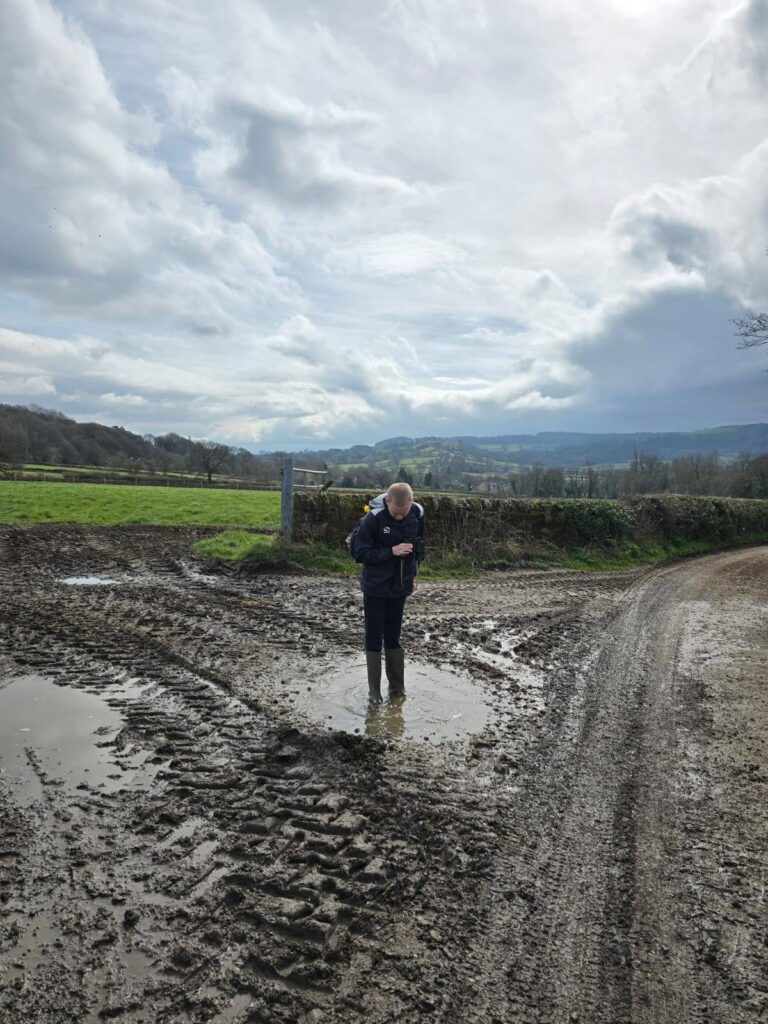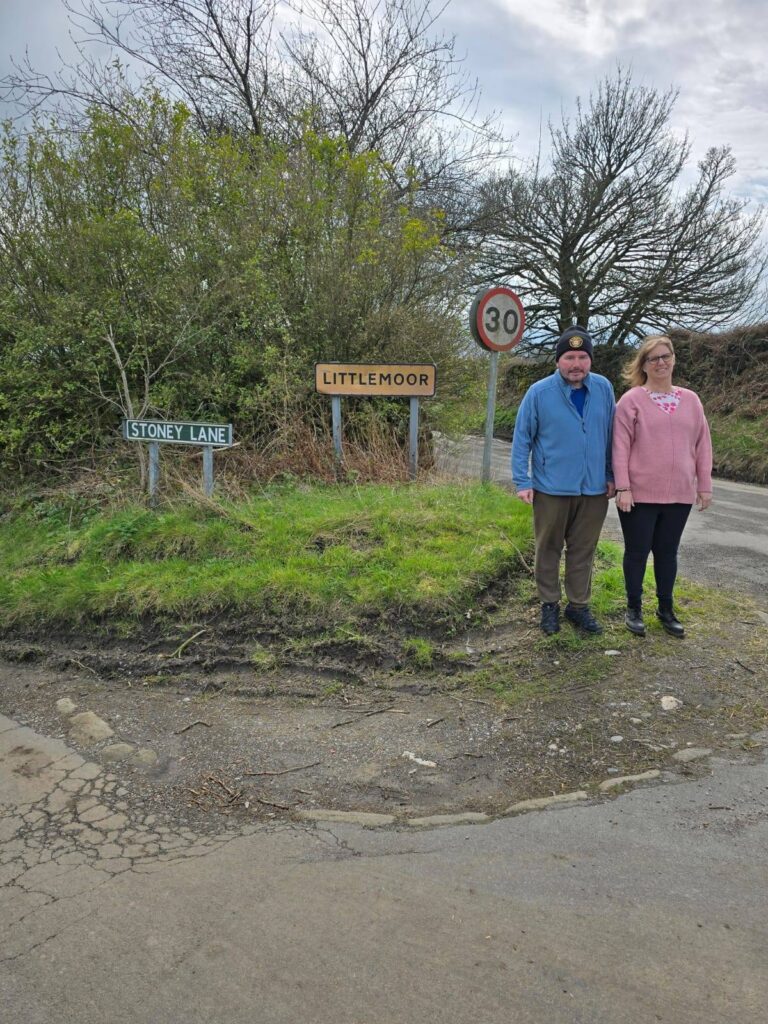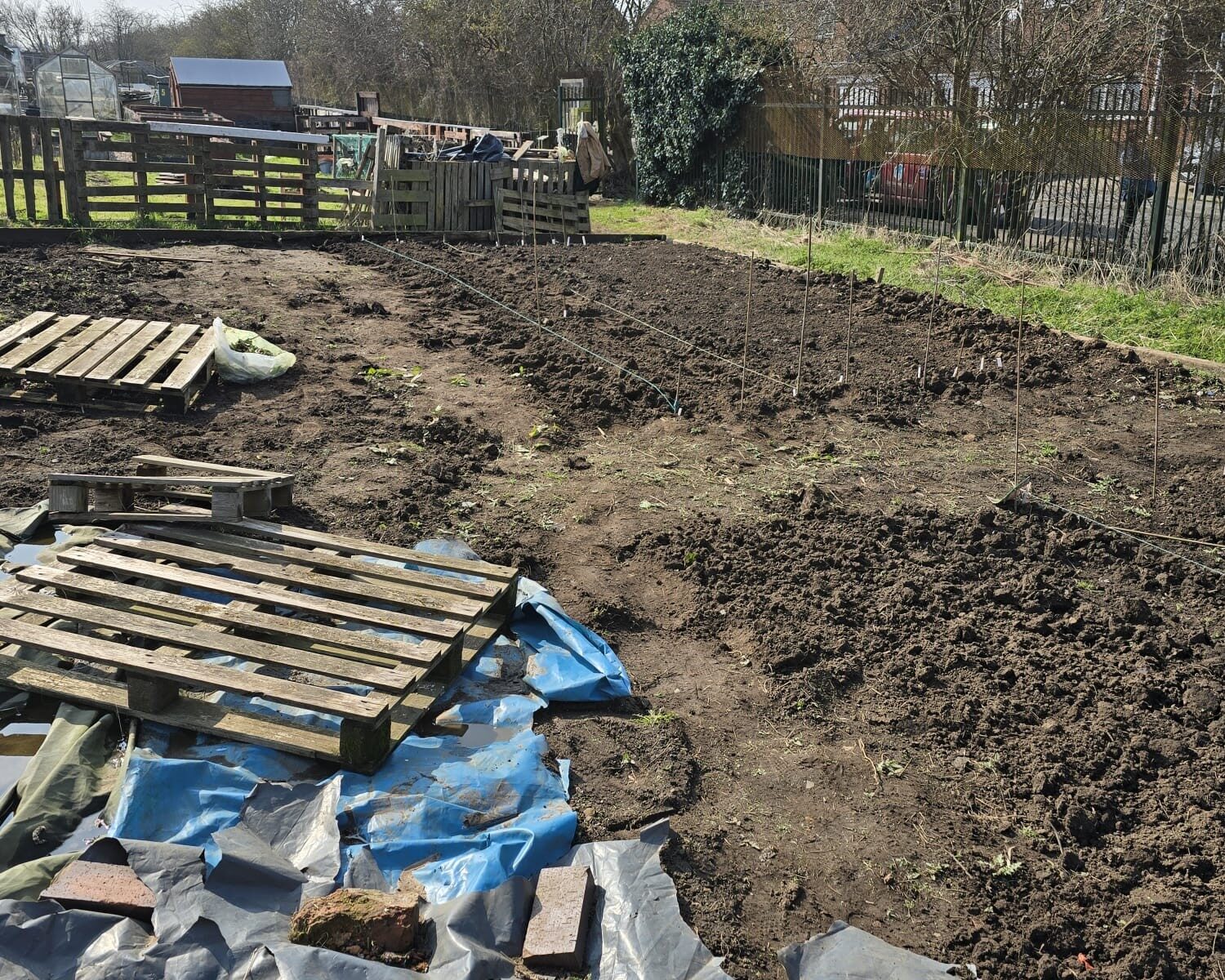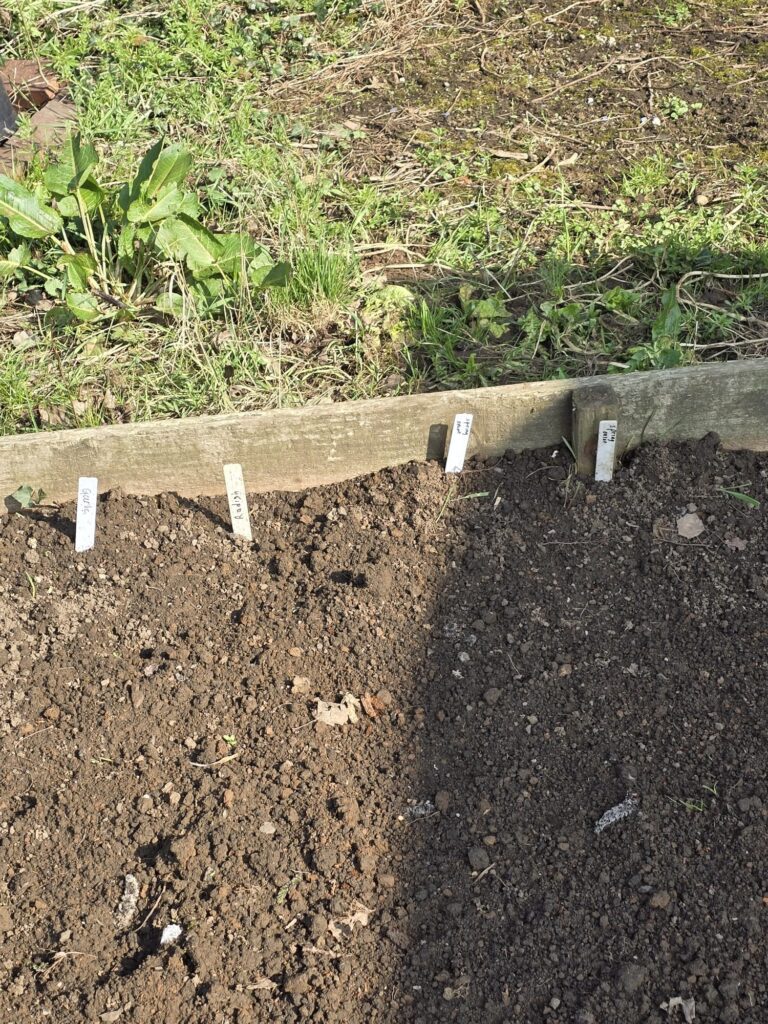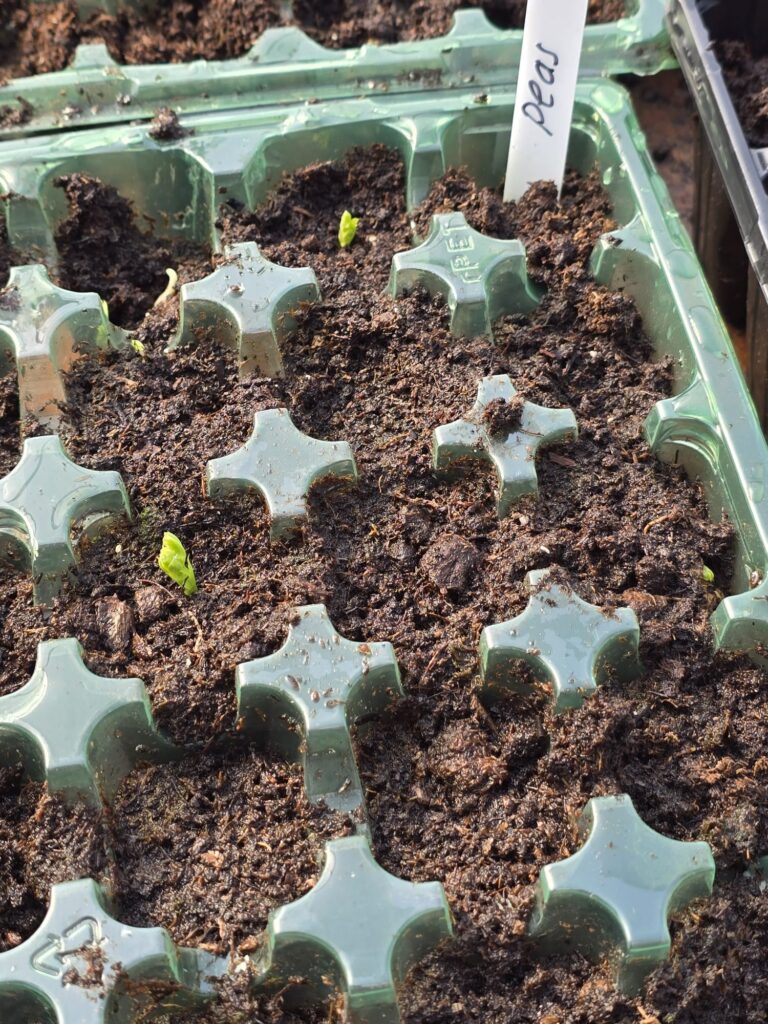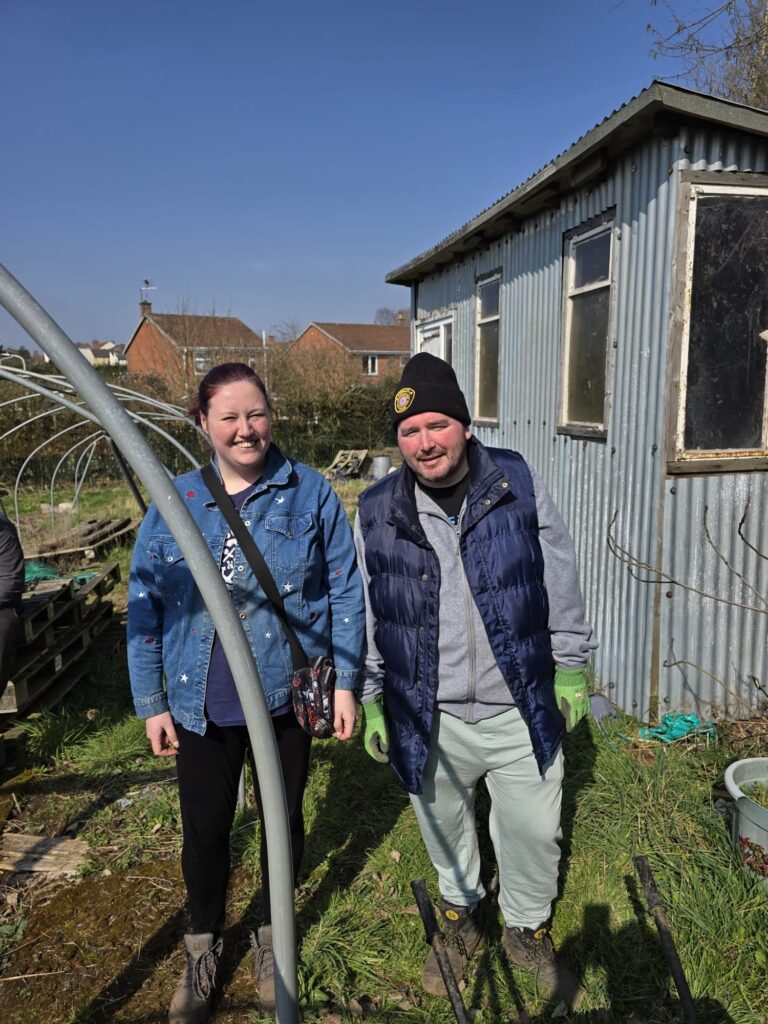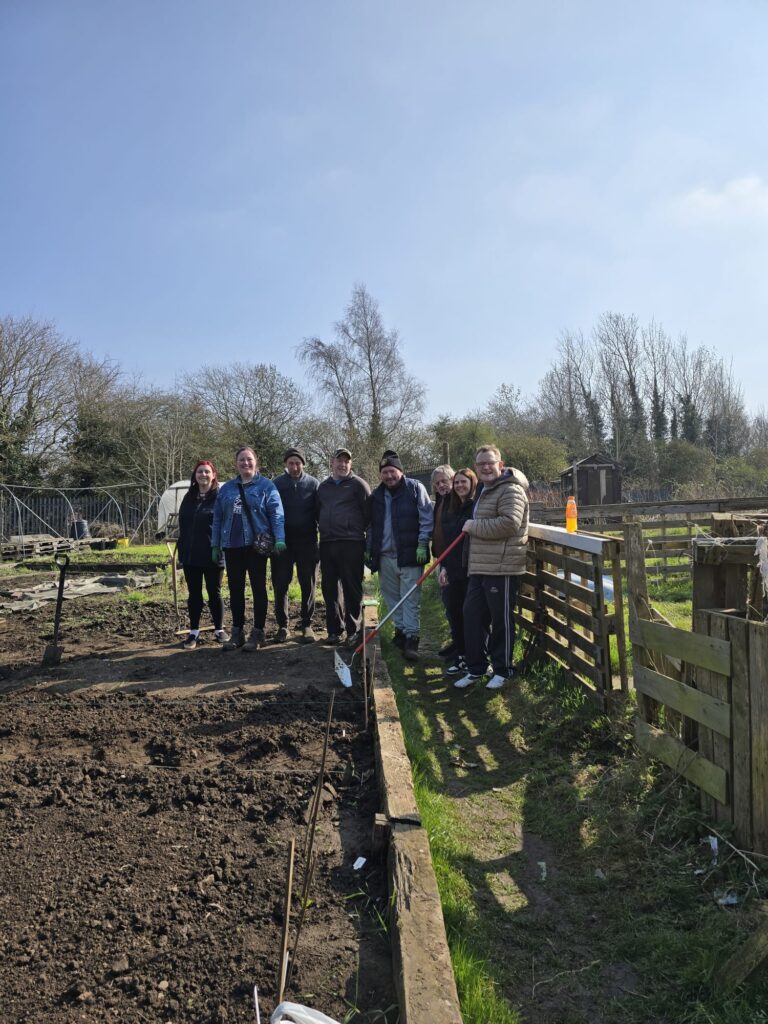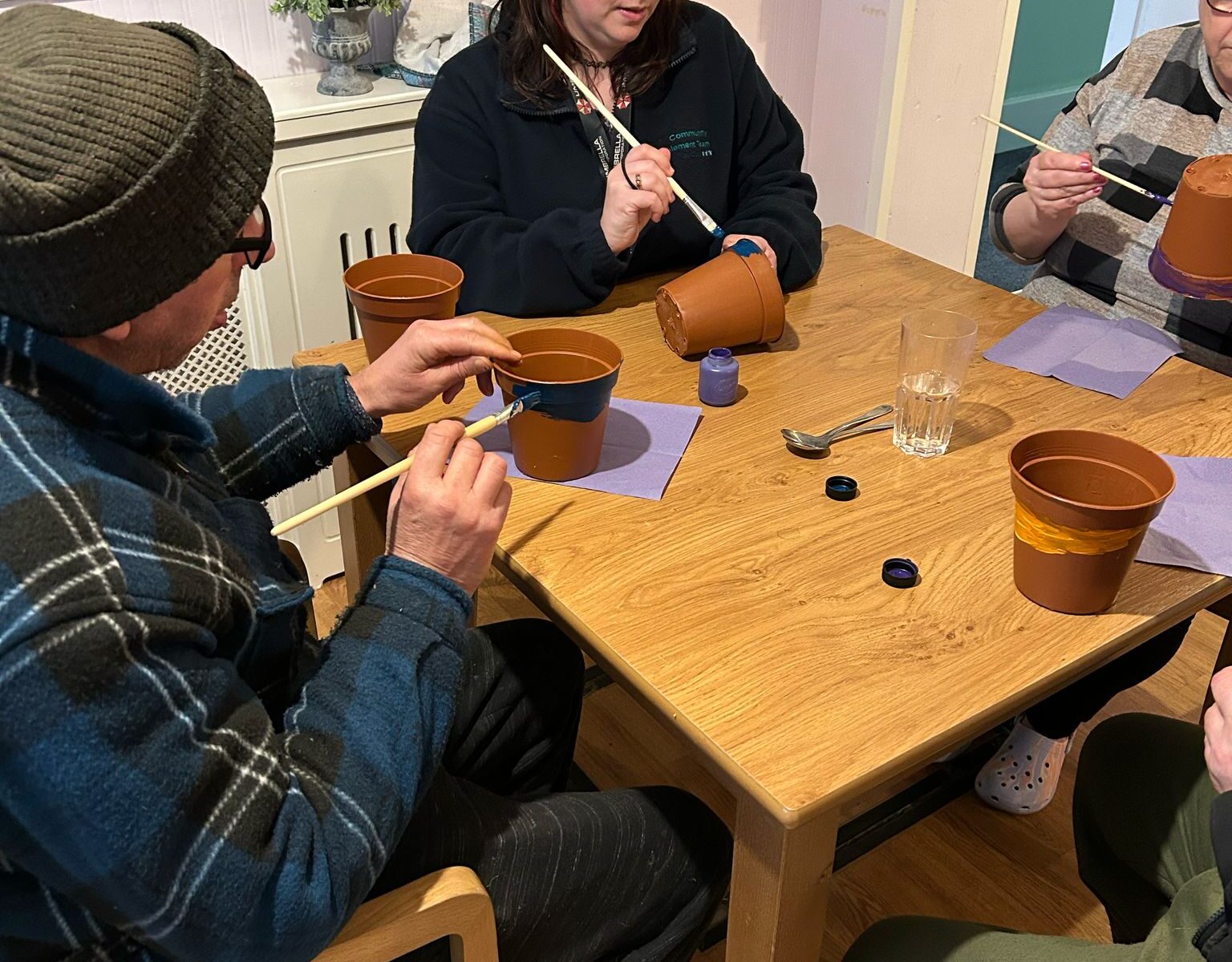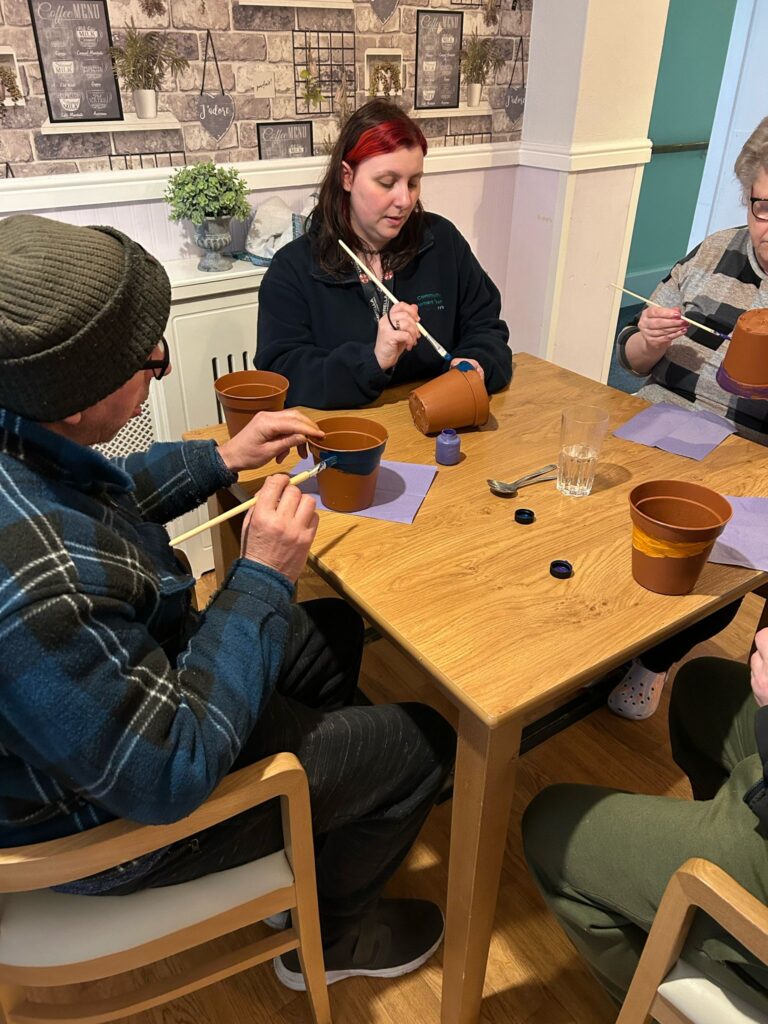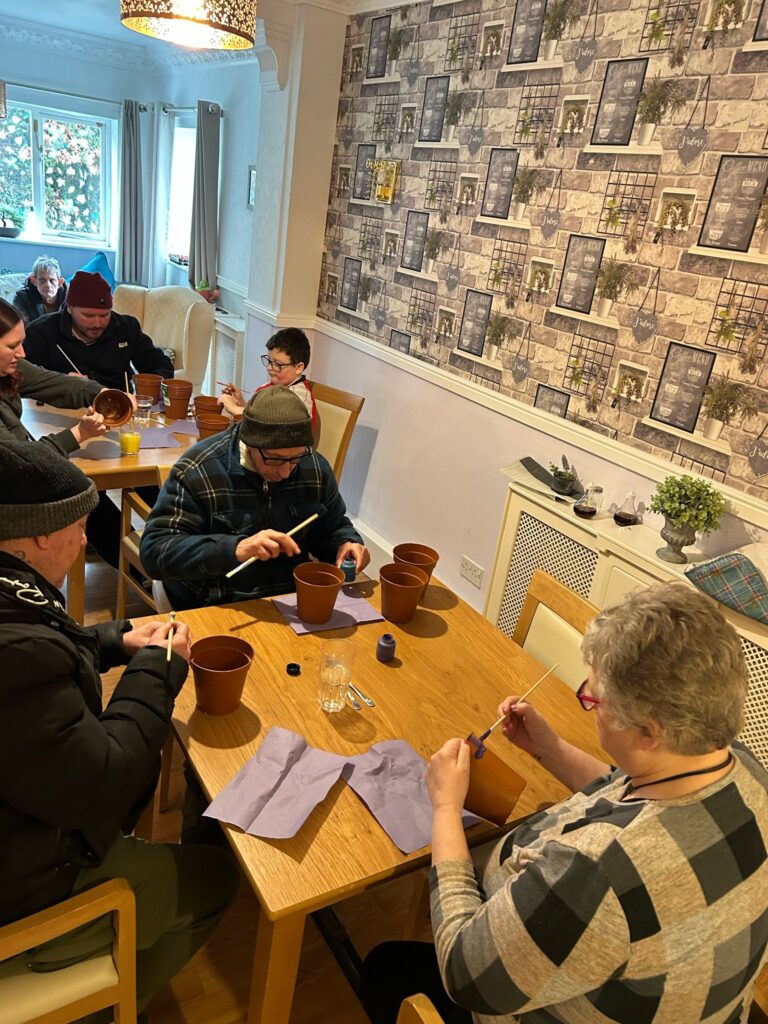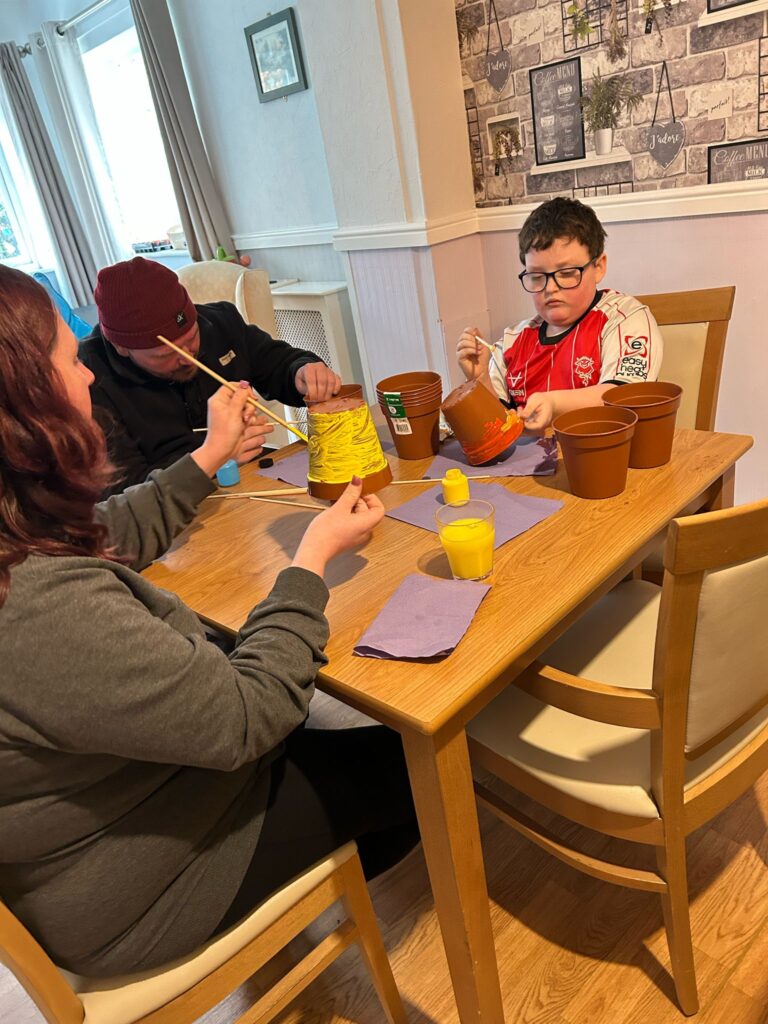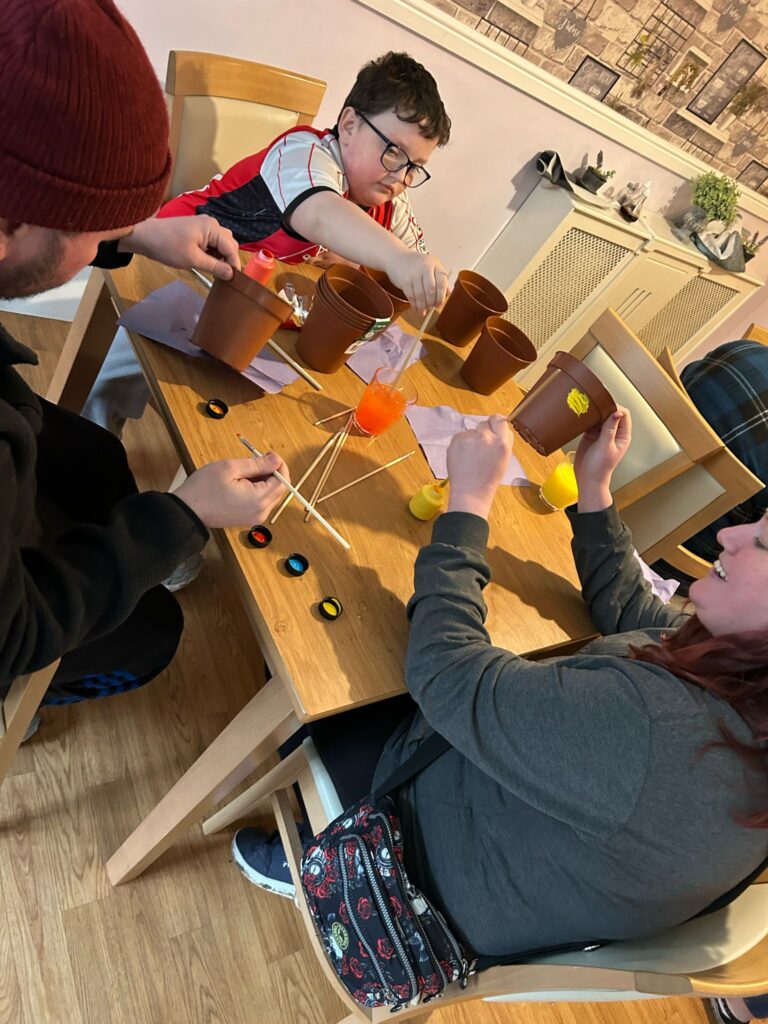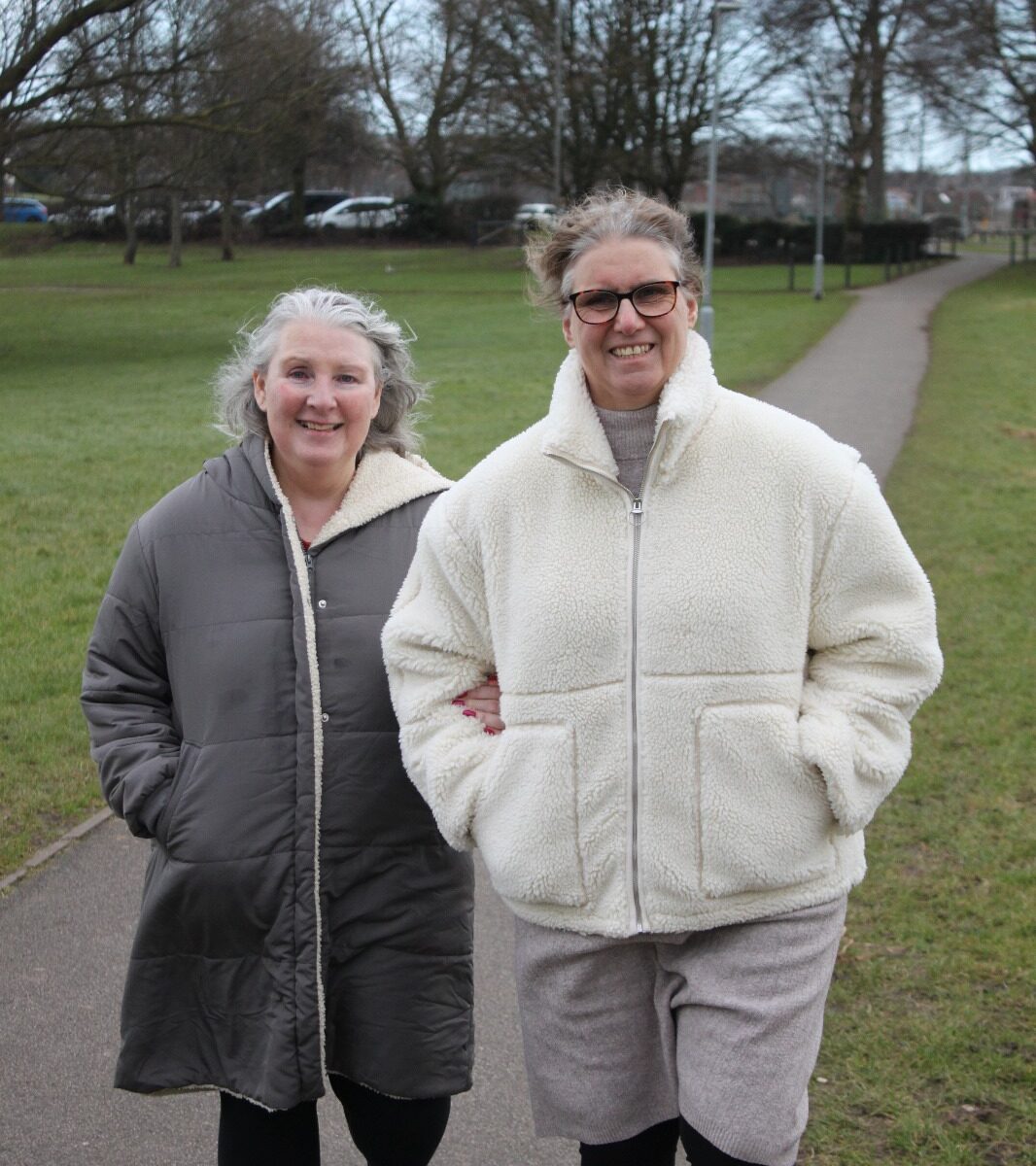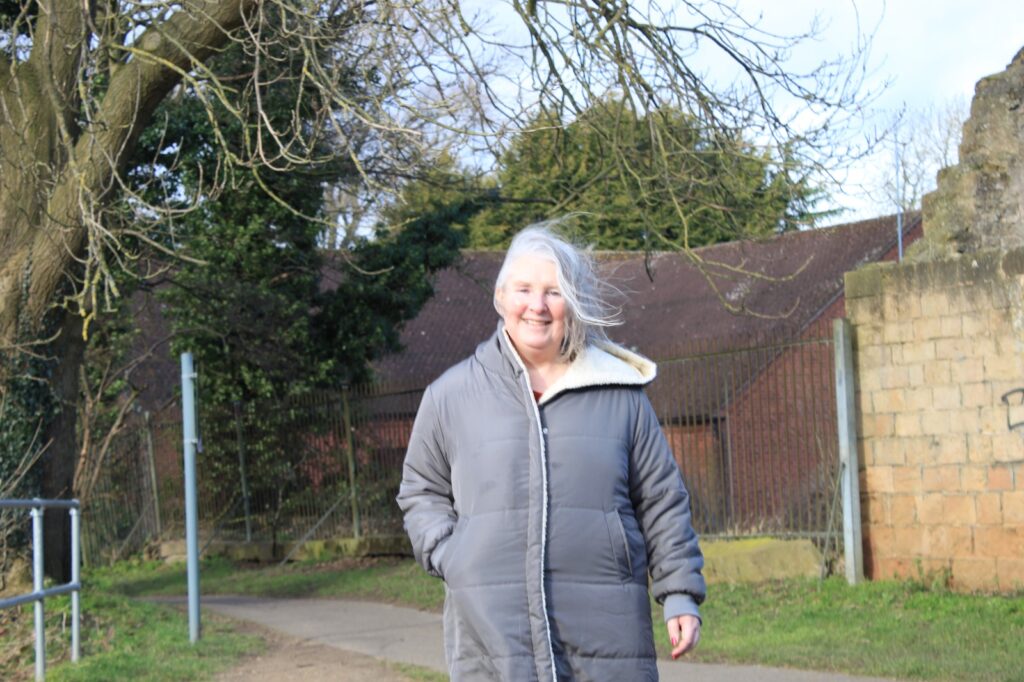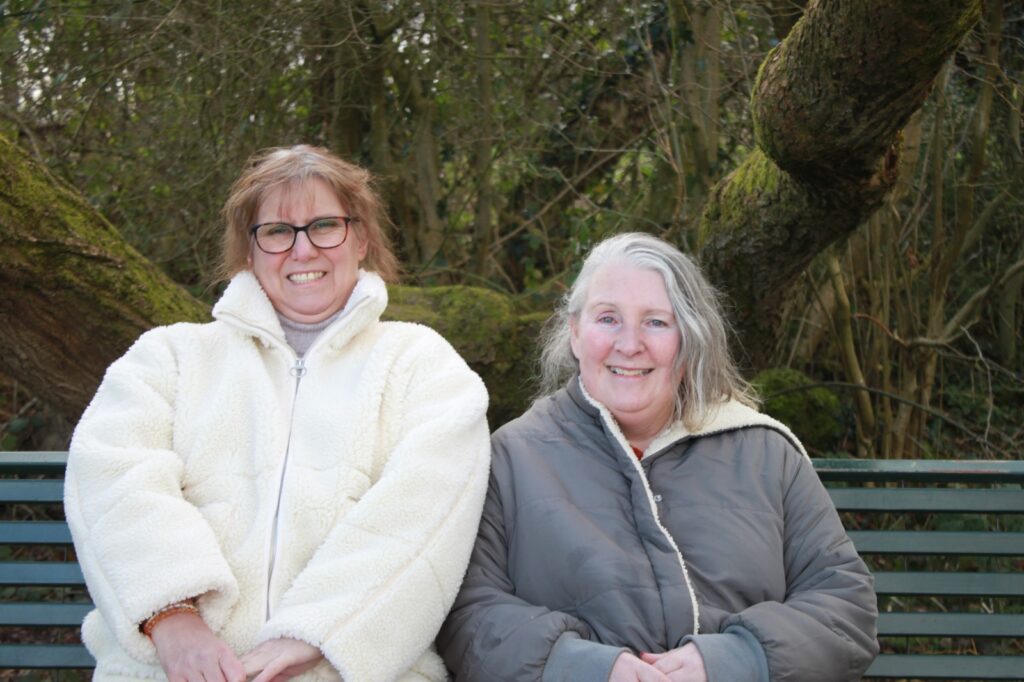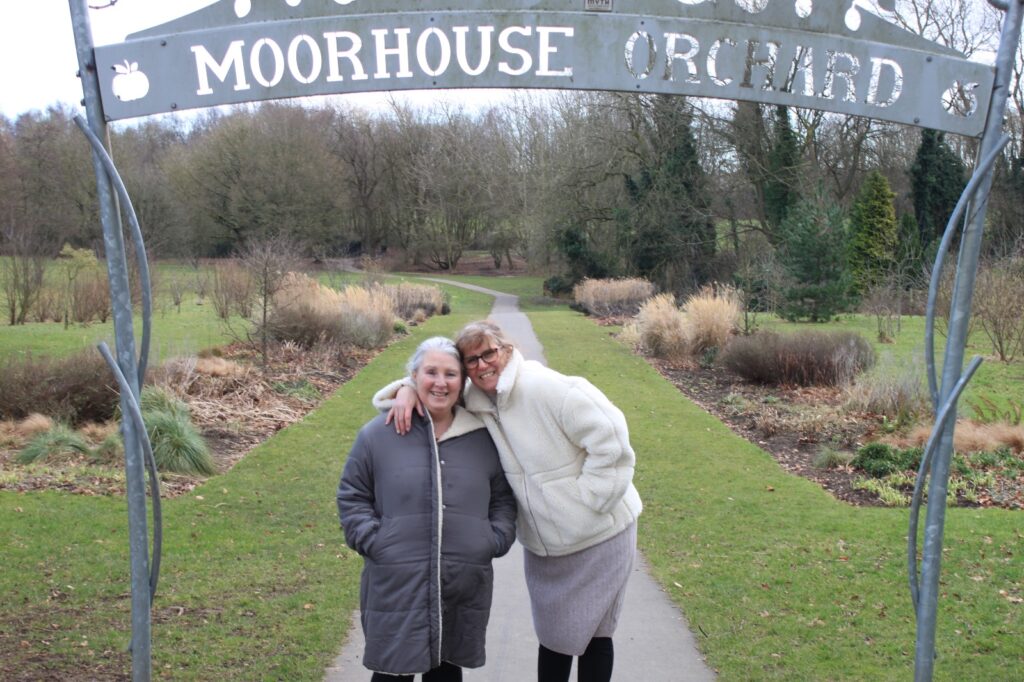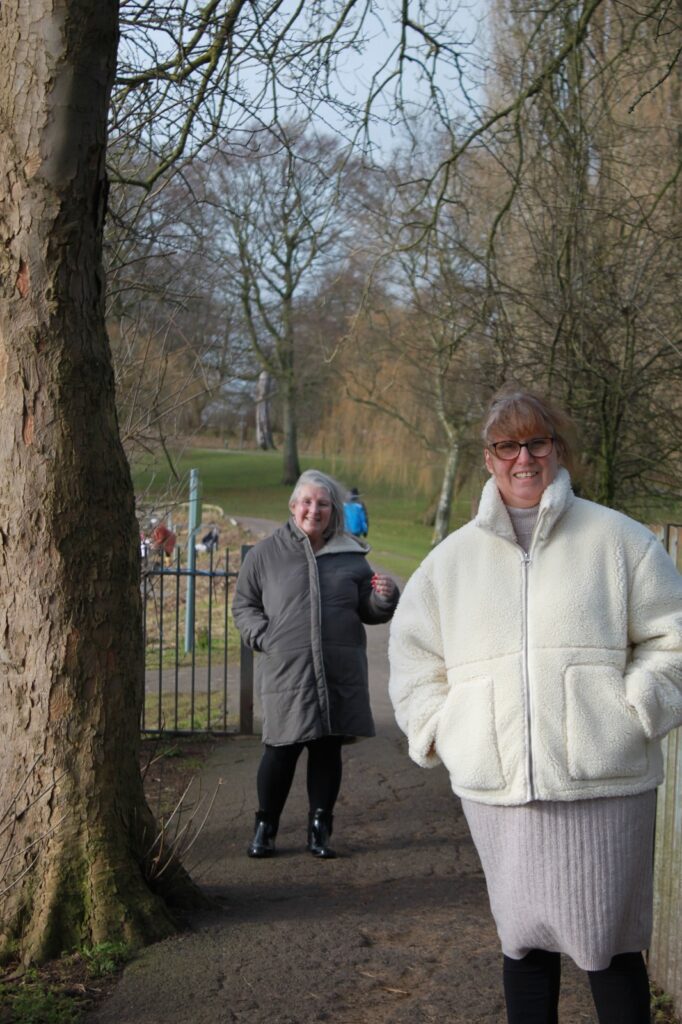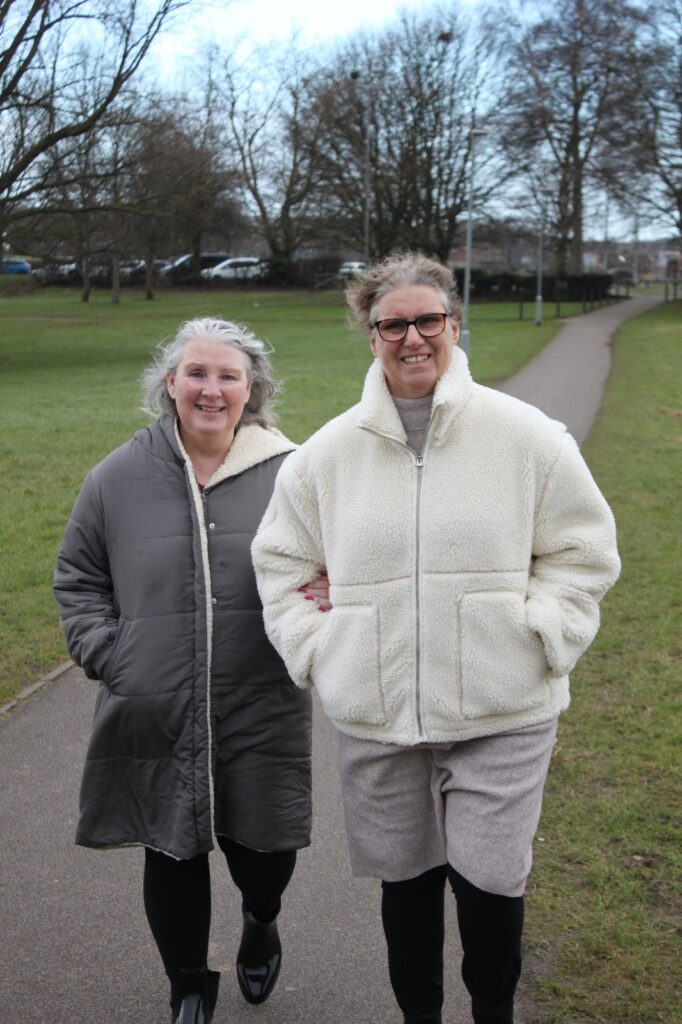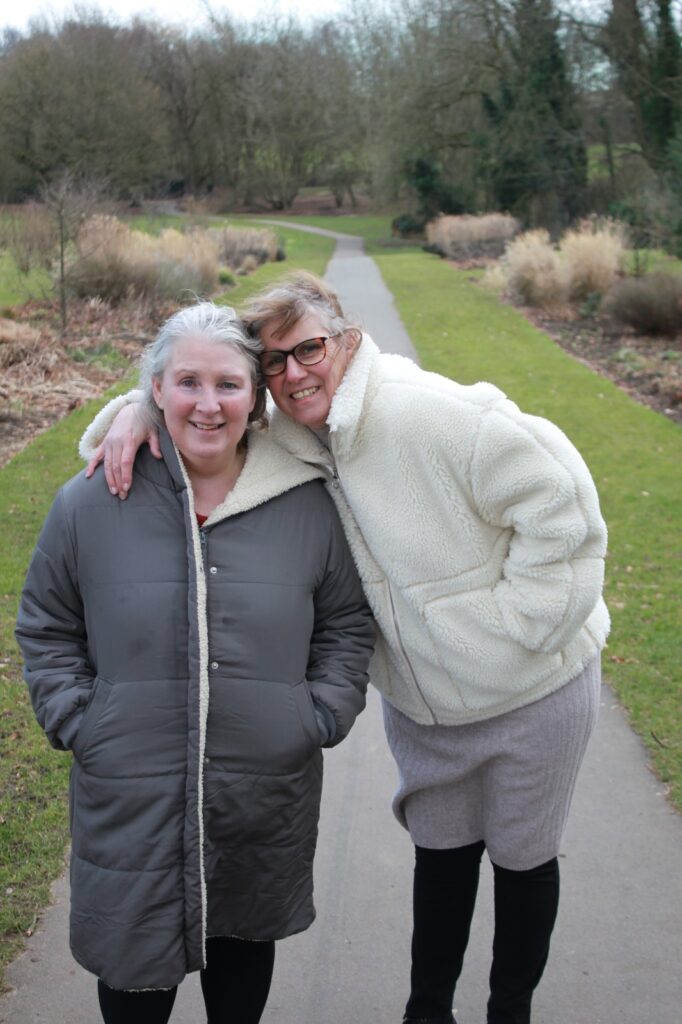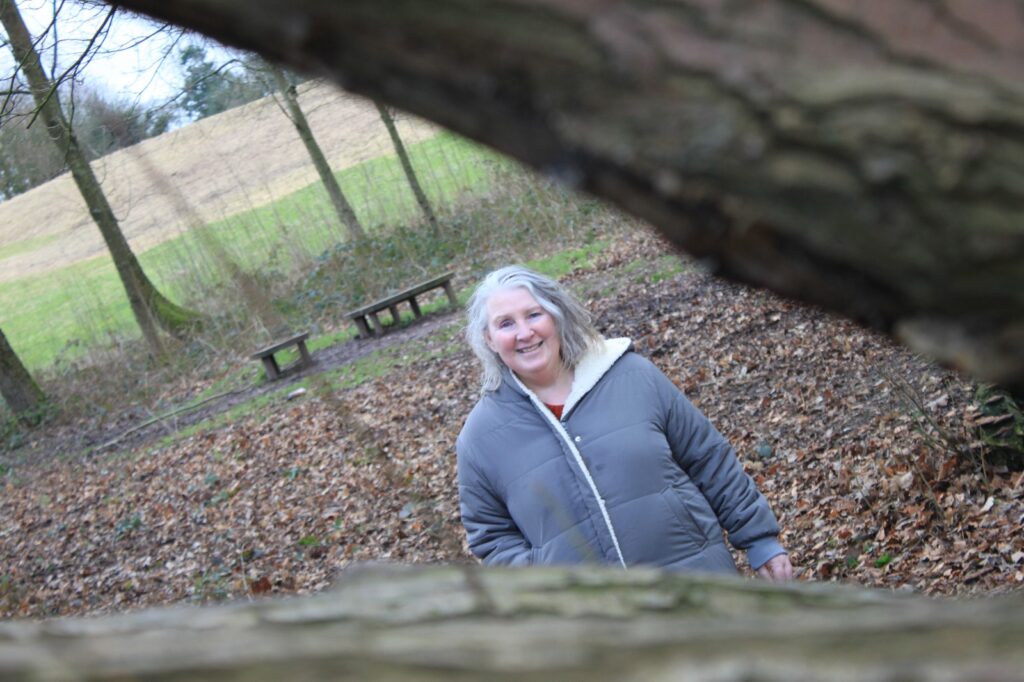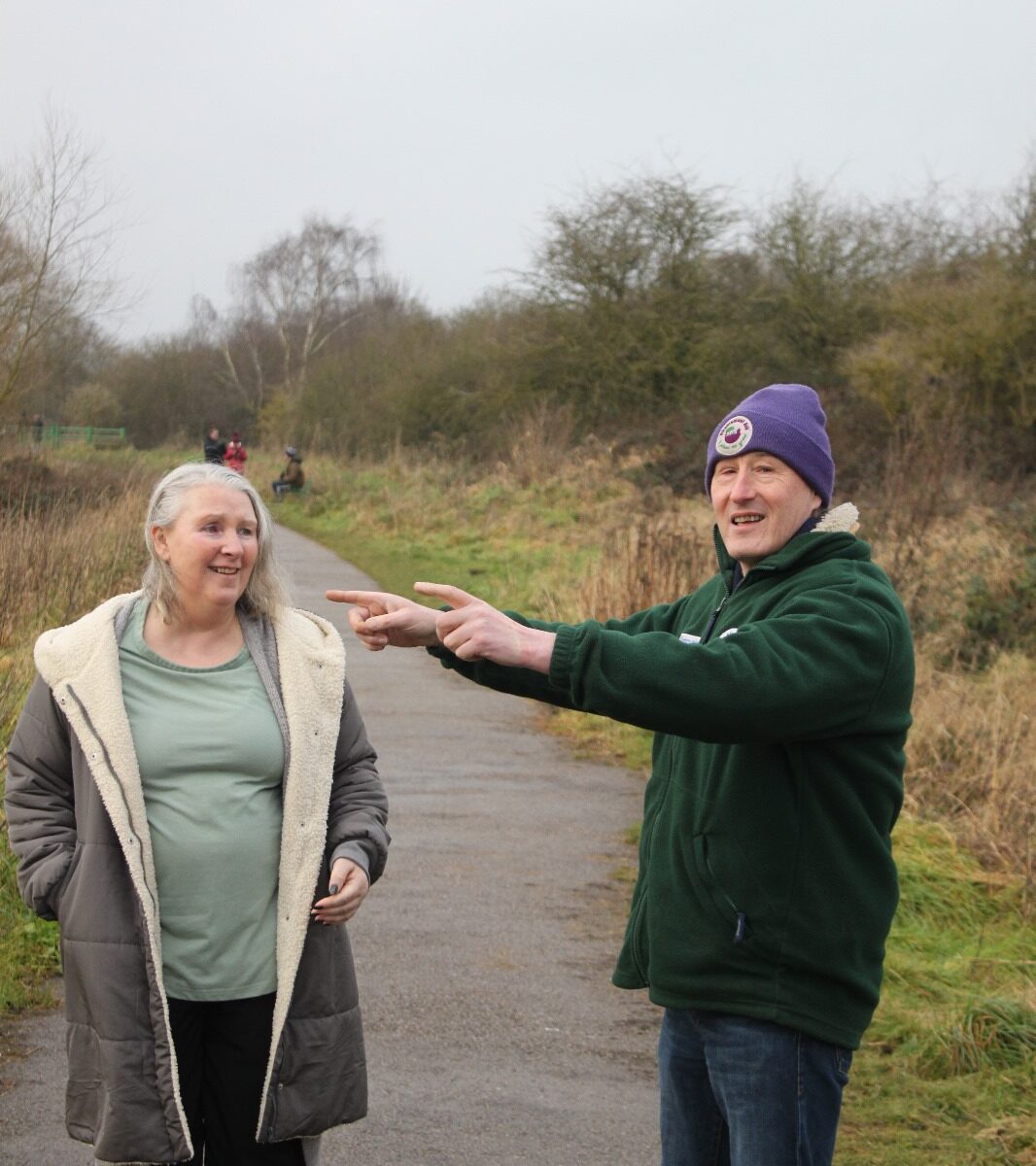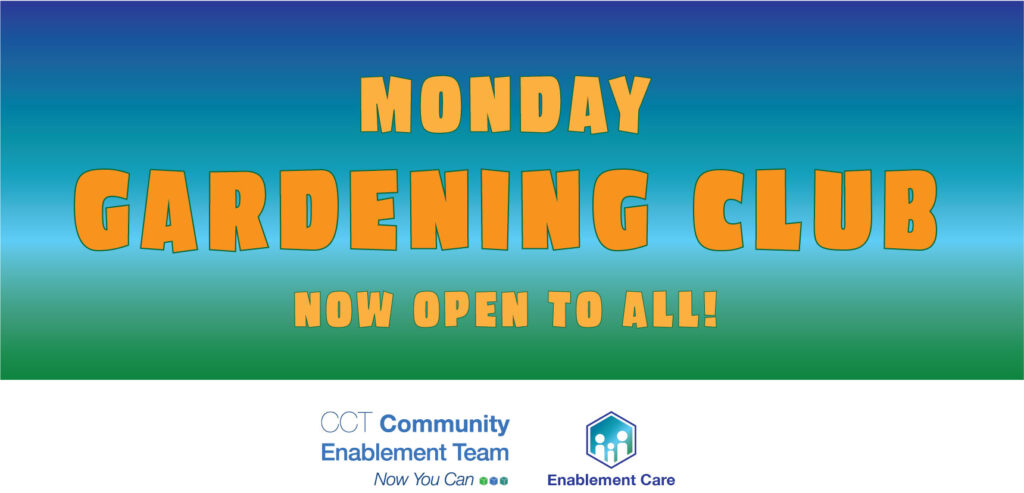🗓️ Thursday, 6th February 2025 is Time to Talk Day, a national awareness campaign encouraging open conversations about mental health. Run by Mind and Rethink Mental Illness, in partnership with the Co-op, Time to Talk Day is all about making space for conversation and reminding people that talking really can change lives.
At CCT Community Enablement Team Ltd, we believe that talking is powerful, and having a supportive space to share your thoughts, worries, and joys can improve well-being. This year, we’re encouraging everyone to take a moment to check in on a friend, join a conversation, or come along to one of our friendly community sessions.
Why Talking About Mental Health Matters
We all have mental health, just like we have physical health. But too often, people feel afraid to talk about their struggles. 1 in 4 people experience a mental health problem each year, yet stigma and silence still prevent many from reaching out.
Time to Talk Day is an opportunity to change that. Conversations – whether big or small – help break the stigma, provide support, and remind people they’re not alone. You don’t have to be an expert; simply listening can make a real difference.
✨ The key message? The more we talk, the more we break down barriers.
Finding Support Through Our Community Groups
Sometimes, starting a conversation feels easier when you’re doing something together. That’s why we offer supportive, social activities where you can connect with others in a relaxed and welcoming environment.
🪴 🌱 Gardening Club (Mondays) – Nature is a great stress reliever. Join us for a chat while planting, pruning, or simply enjoying the fresh air. Free to attend – and lunch at Enablement Care is just £1.50 after the session!
🚶♂️ Tuesday Walking Club – Walking side by side can make talking feel more natural. Join us for a friendly walk from 10:15 AM – 2:00 PM, open to all. Fresh air, good company, and gentle movement – what’s not to love?
👩🍳 🍳 Cooking Club (Wednesdays) – Sharing food brings people together. Learn new skills, enjoy a warm meal, and make new connections at The Community Hub (£3 per session).
How You Can Take Part in Time to Talk Day
💬 Start a Conversation – Ask a friend or family member how they’re doing. A simple “How have you been?” can mean so much.
☕ Make Time for a Cuppa & a Chat – Grab a tea or coffee with someone and check in on them.
📲 Reach Out – If meeting in person isn’t possible, send a message or give someone a call.
🏡 Join Us! – Our clubs are a great way to chat, meet new people, and get involved in the community.
💙 This Time to Talk Day, let’s work together to make mental health conversations part of everyday life. A simple chat could change someone’s day – or even their life.
📩 Want to join one of our community groups? We’d love to welcome you!
📧 Email info@challengect.co.uk or call 01623 397750 for more details.
🔗 For more information on Time to Talk Day, visit:
www.time-to-change.org.uk
